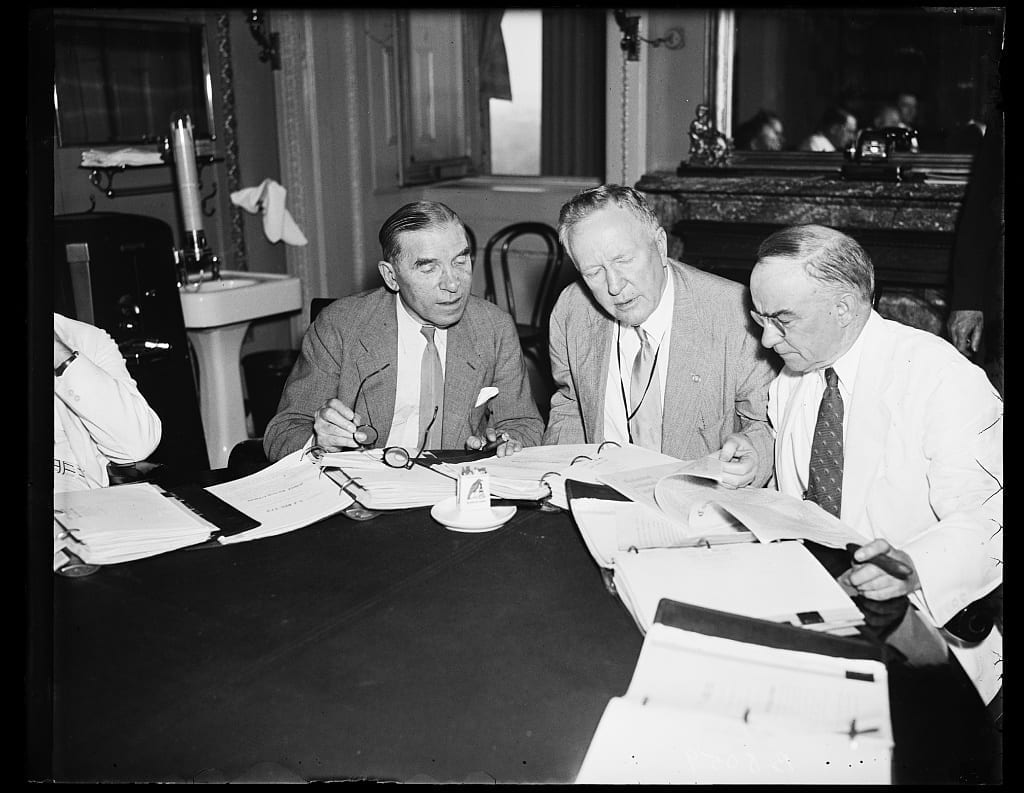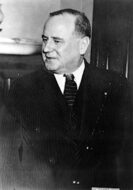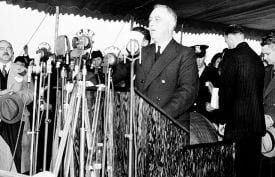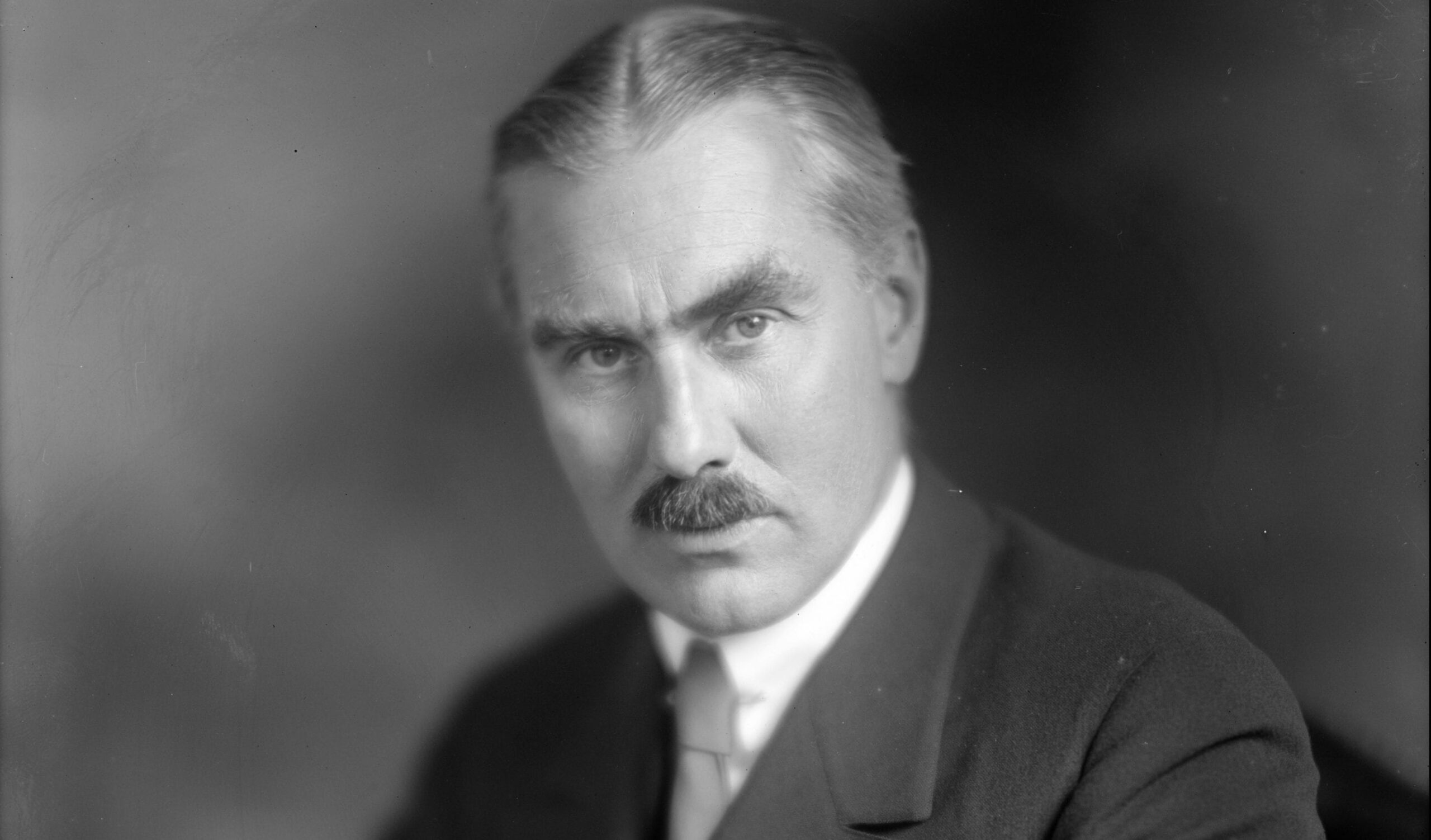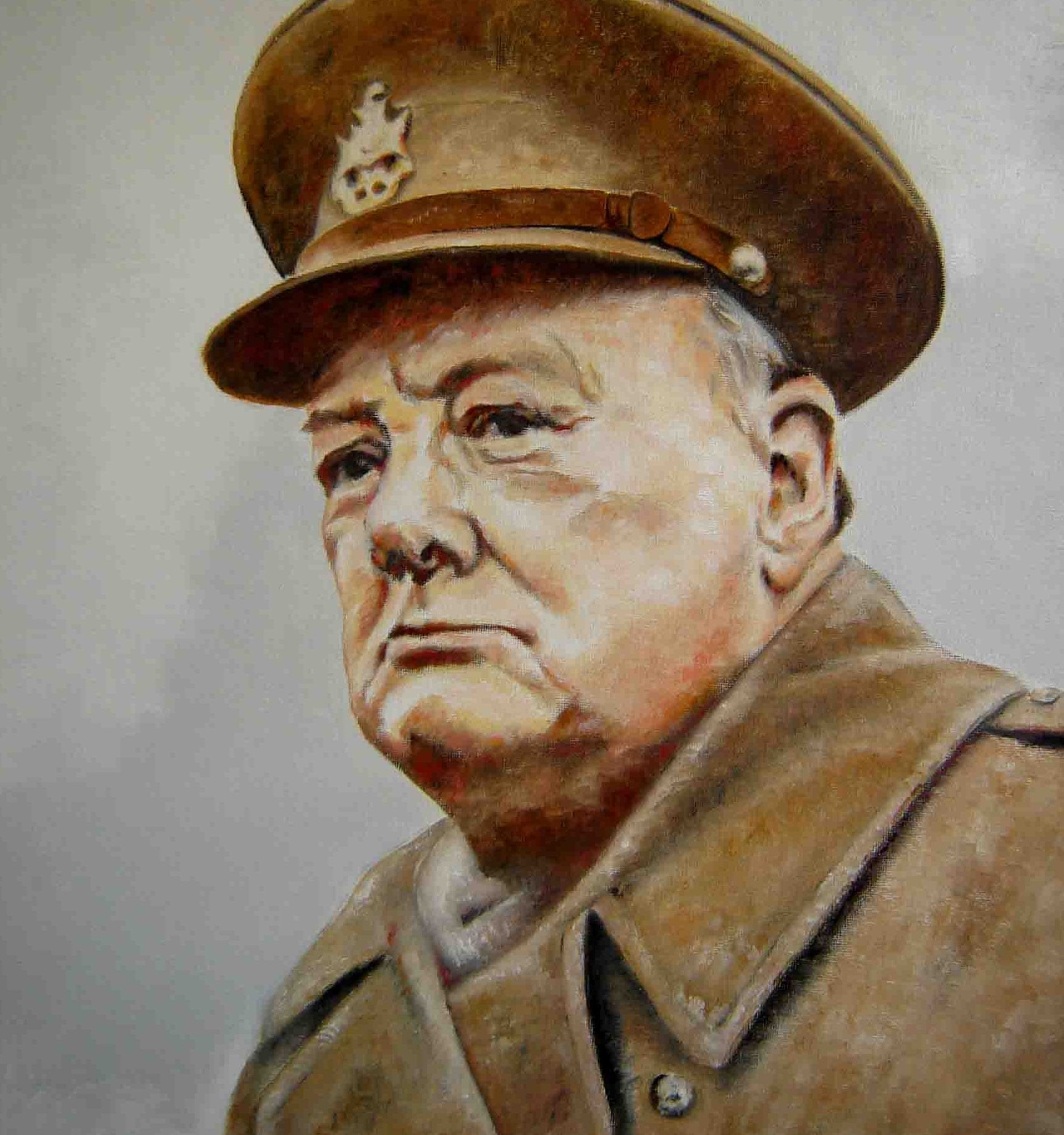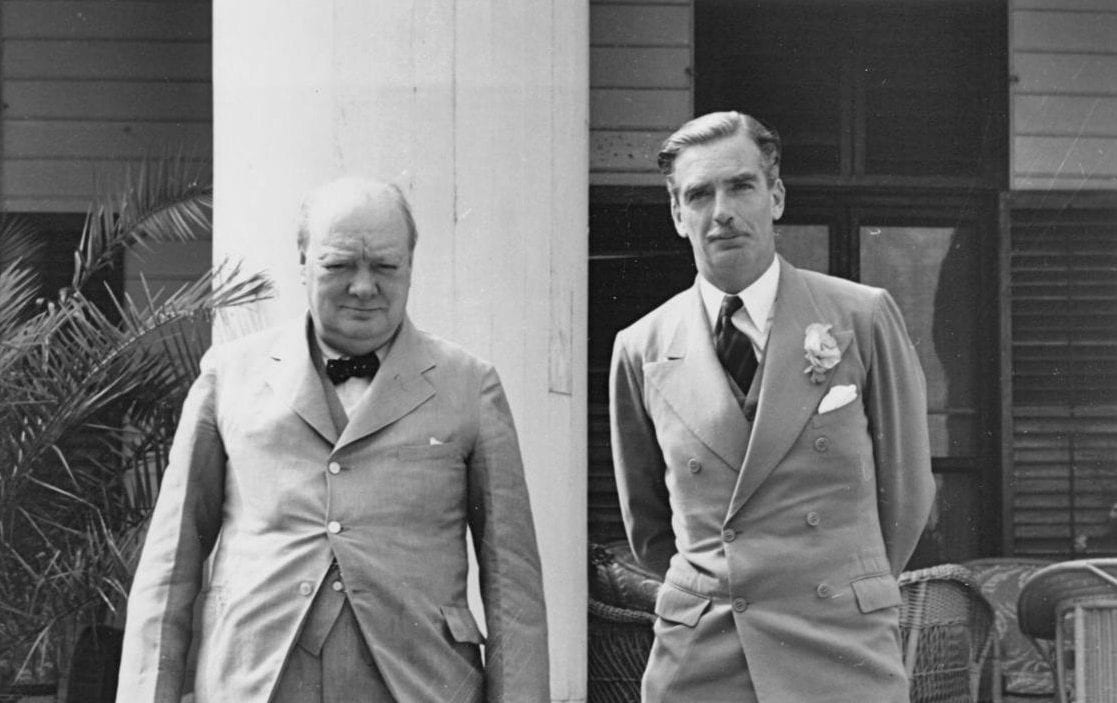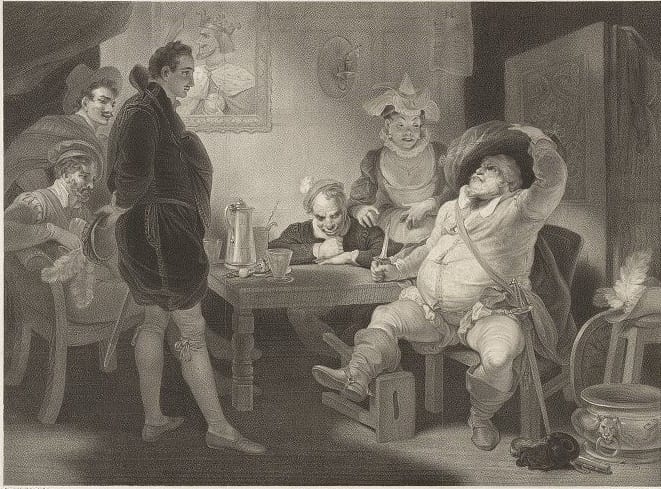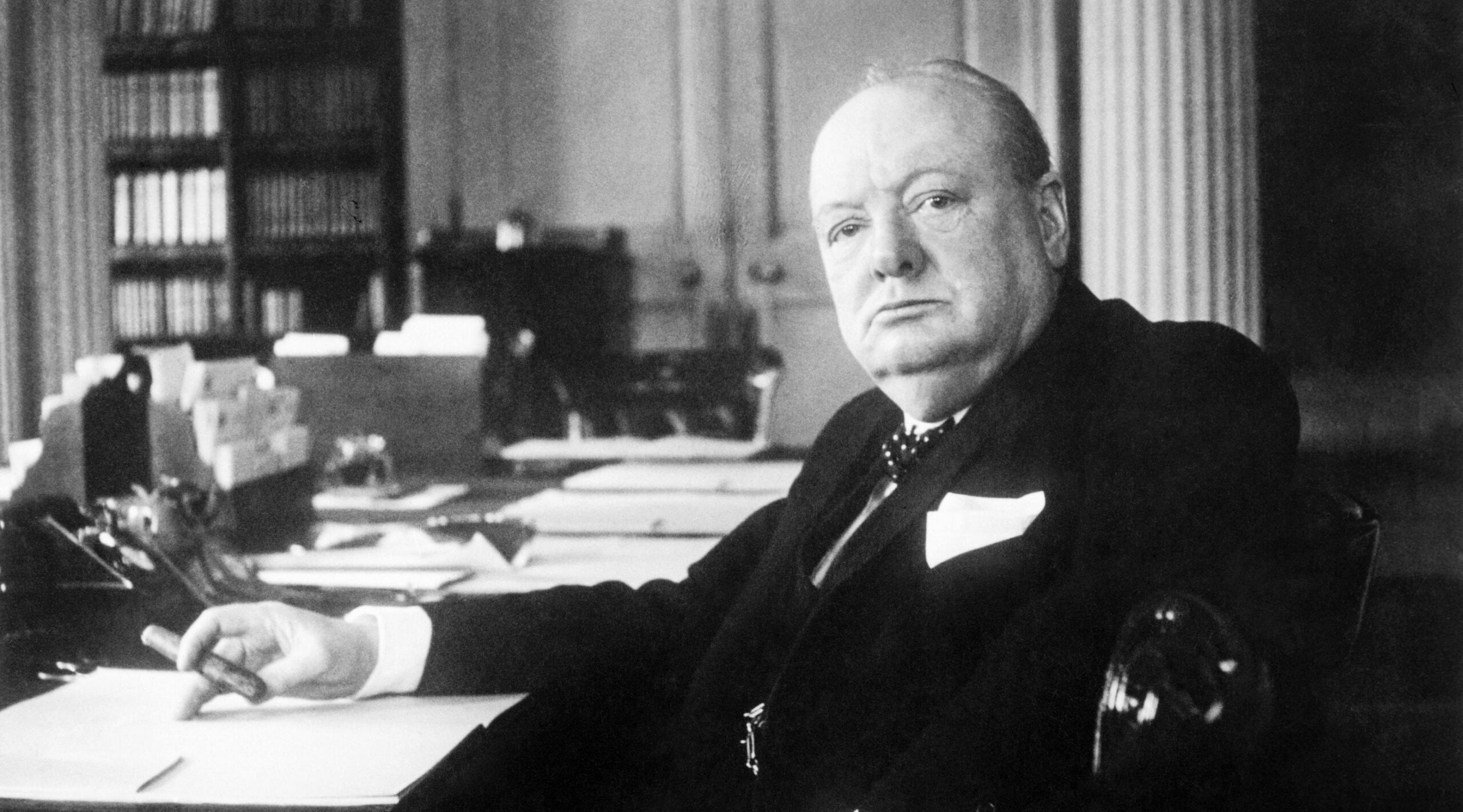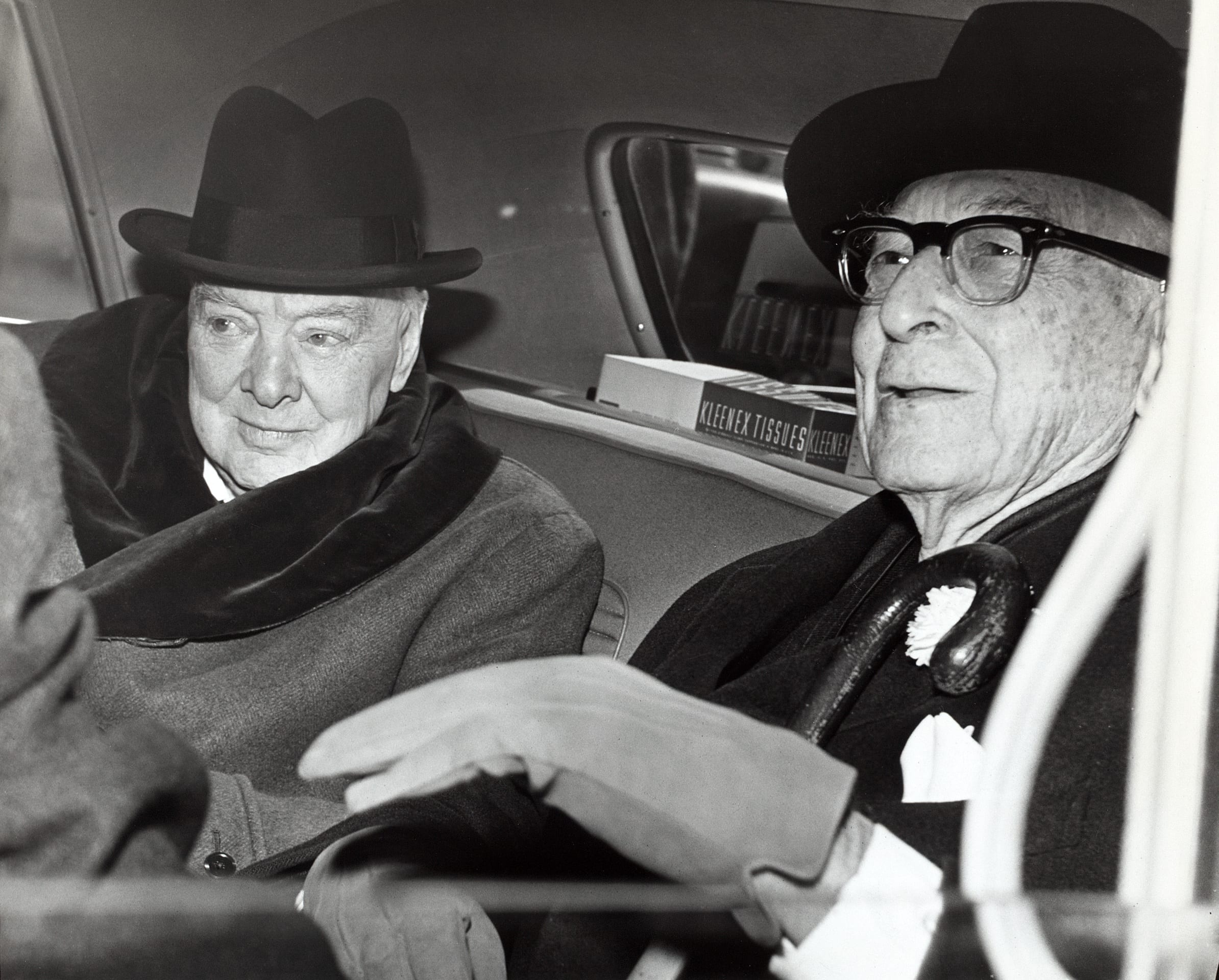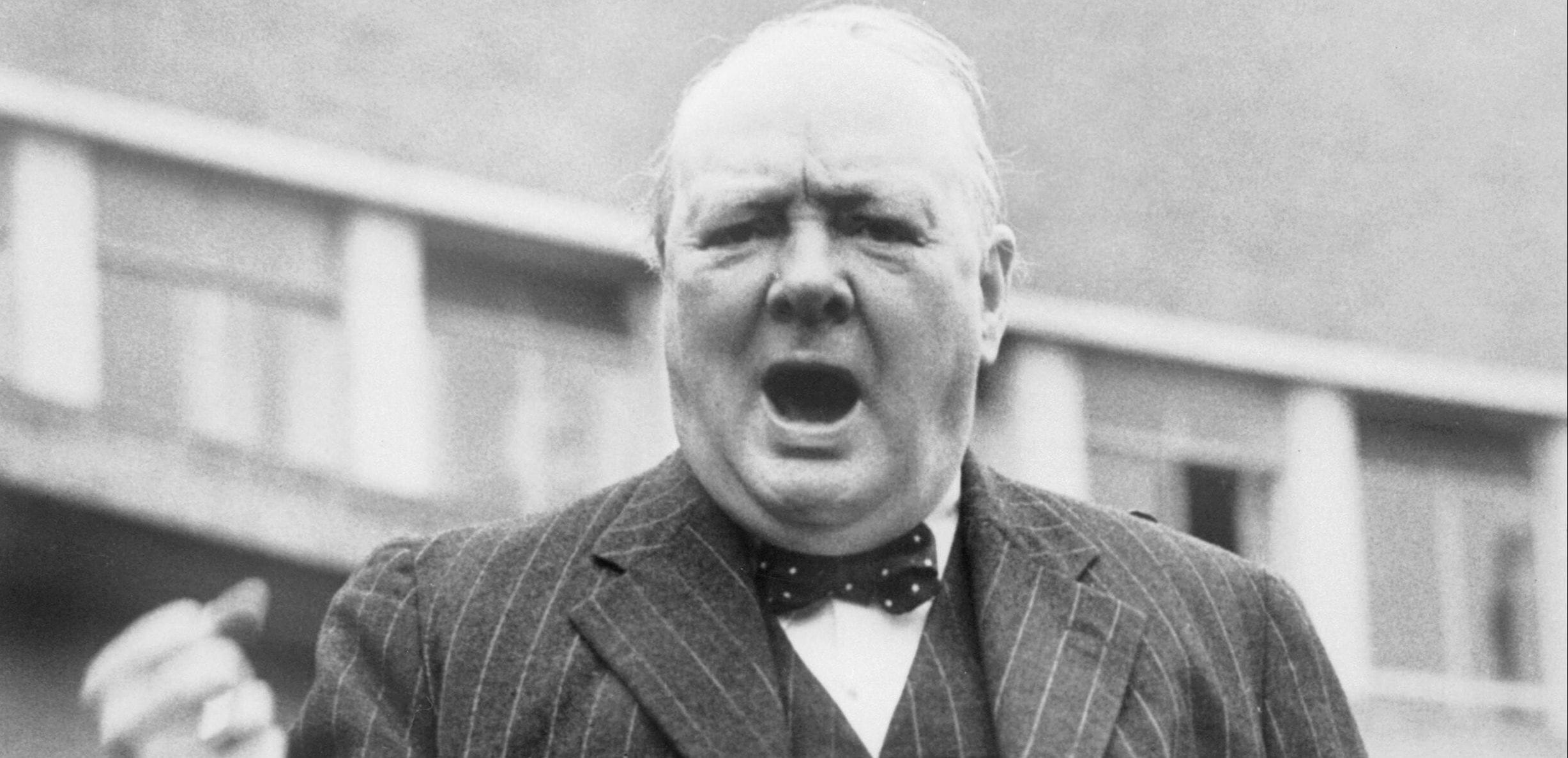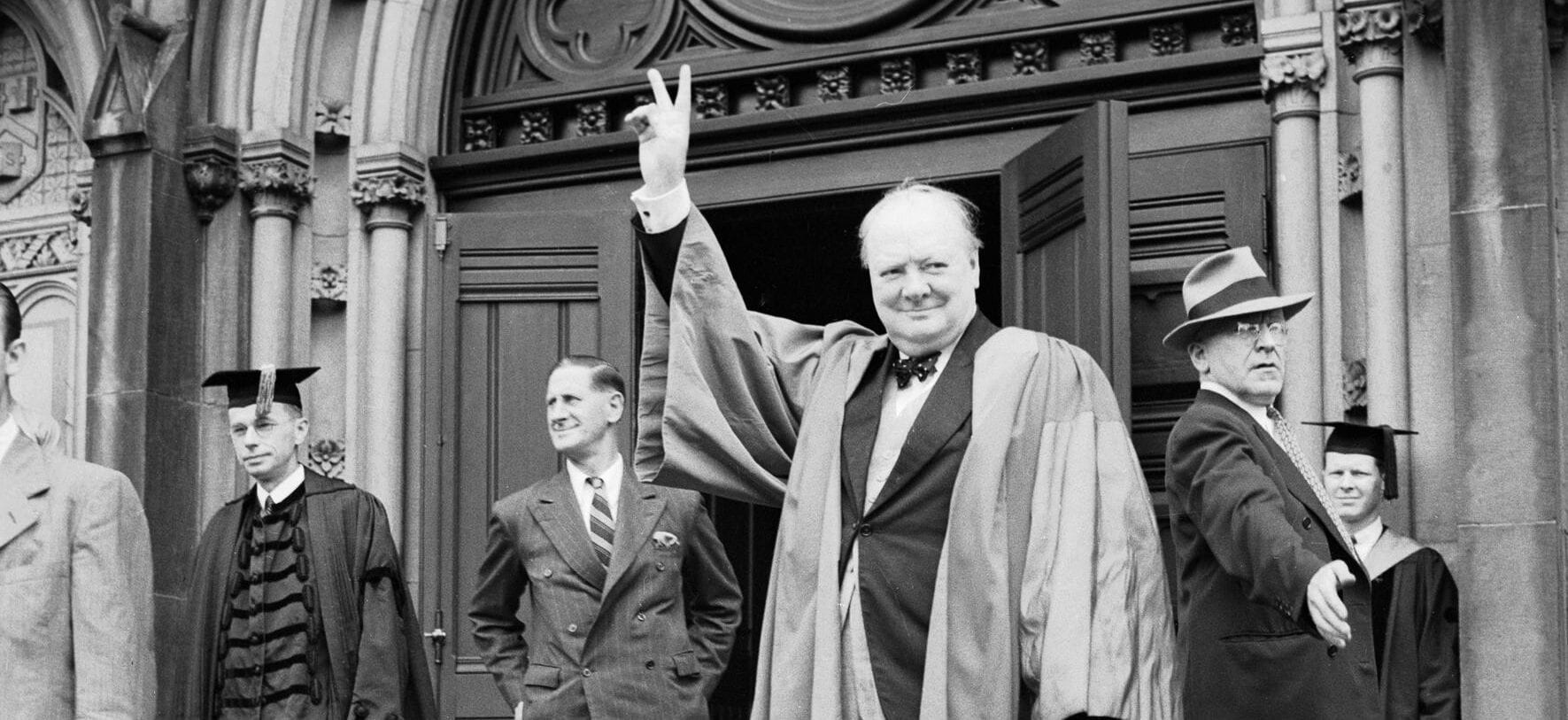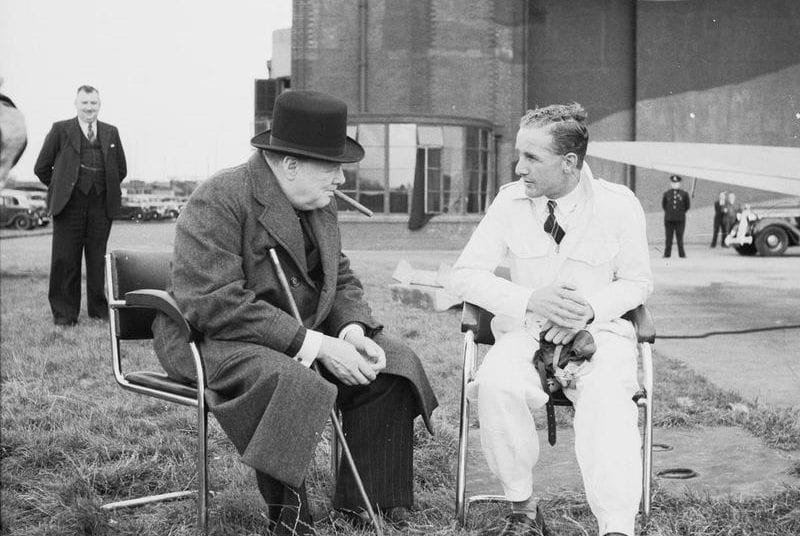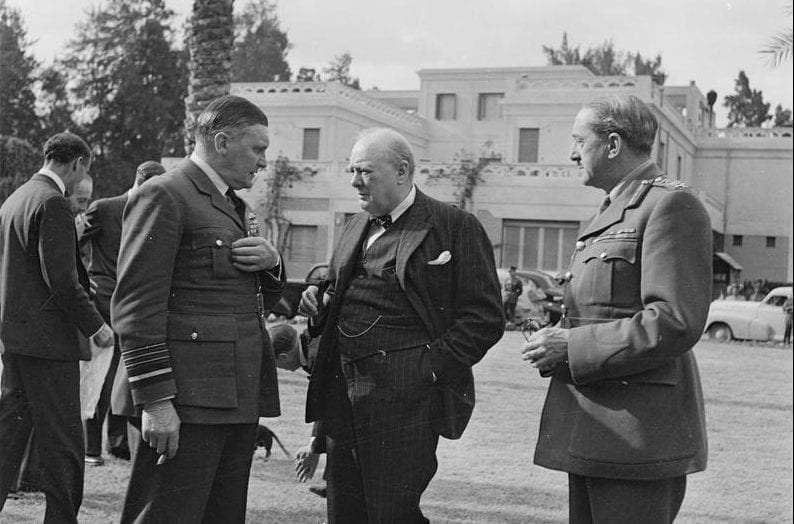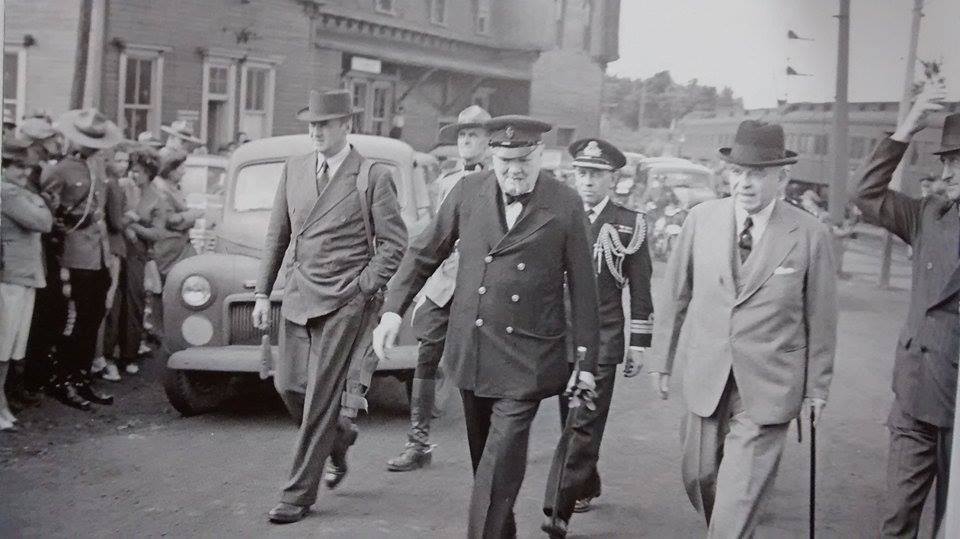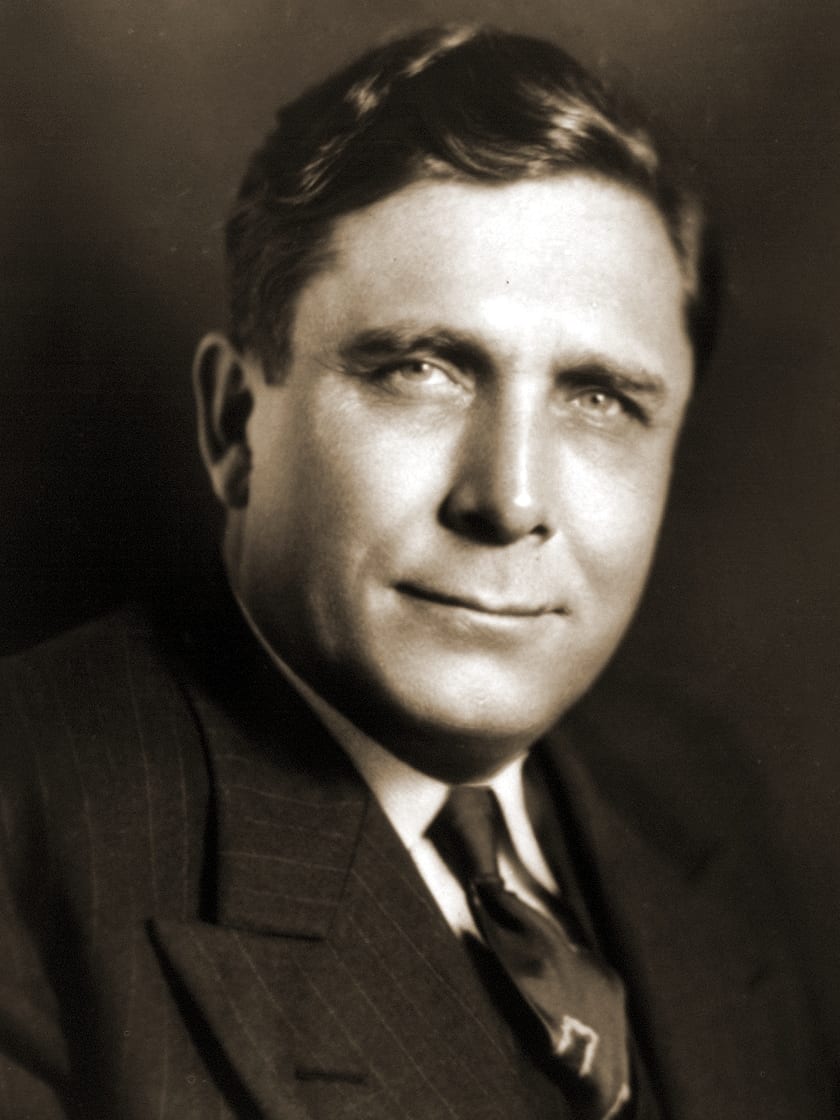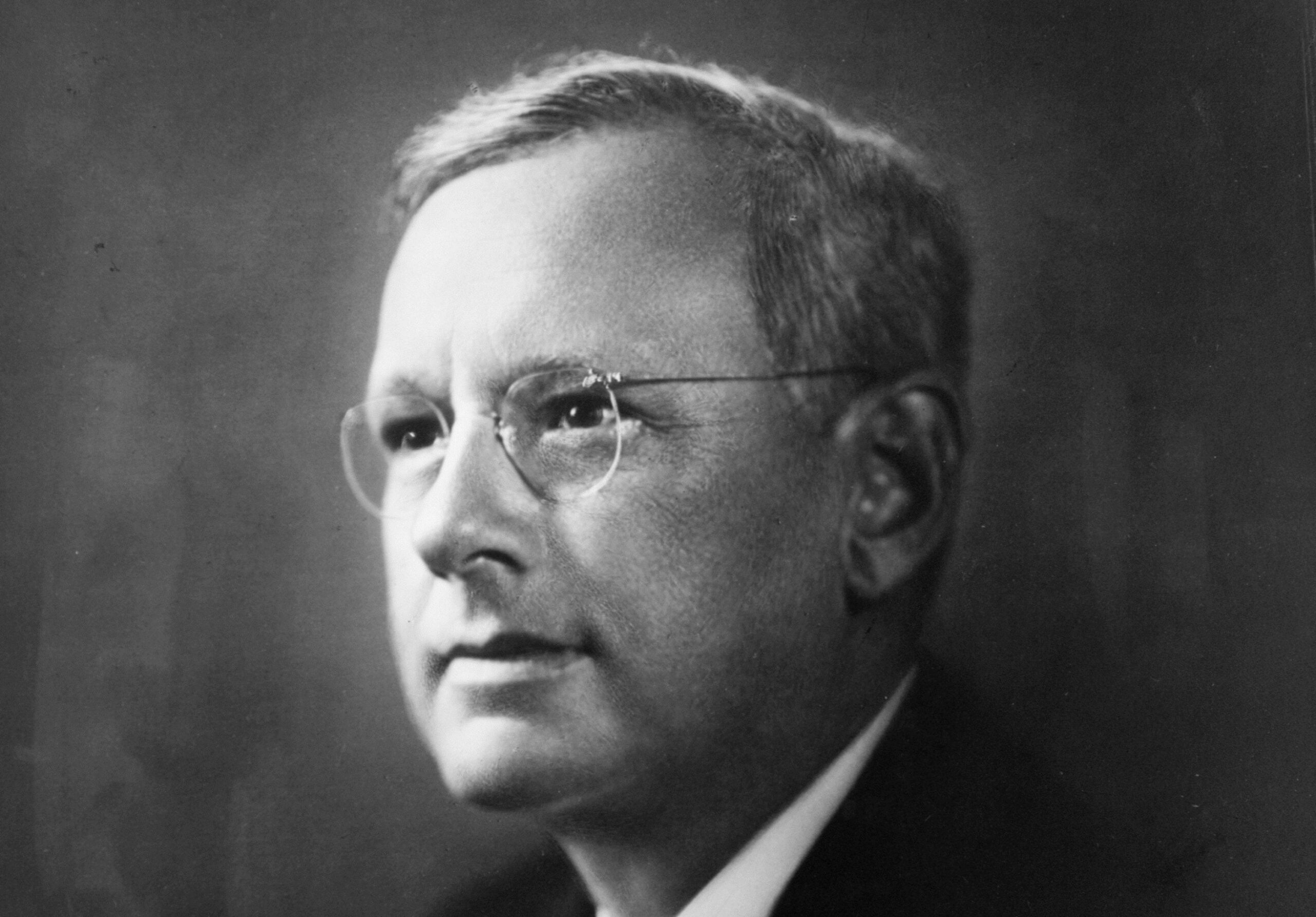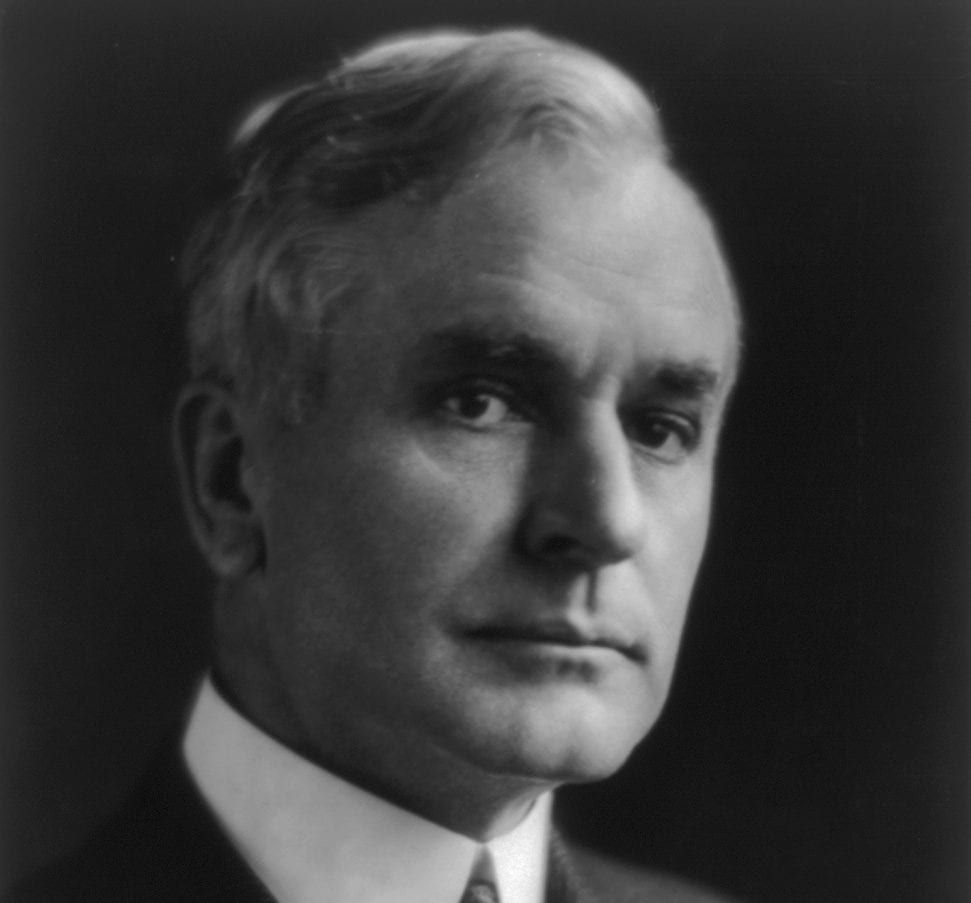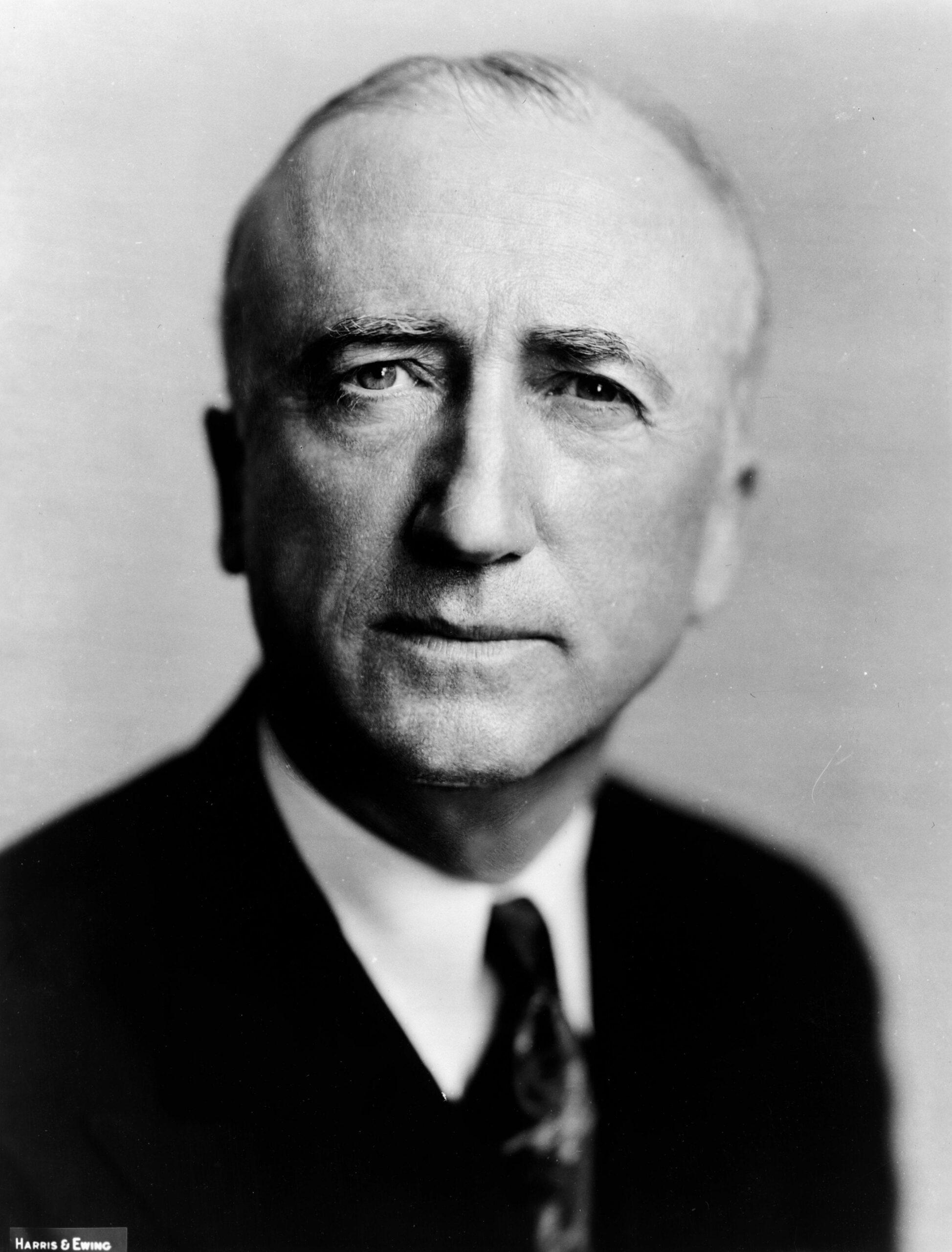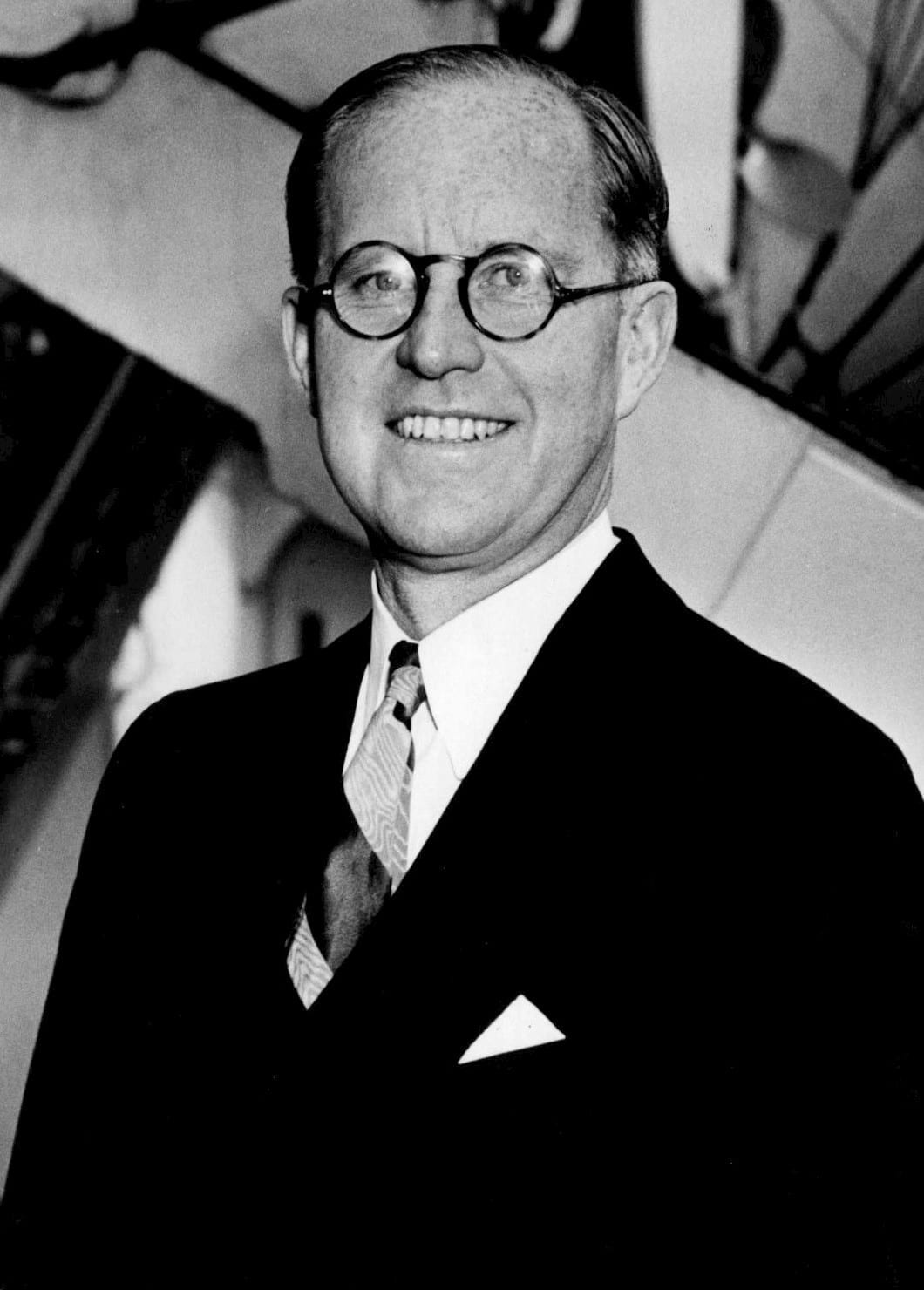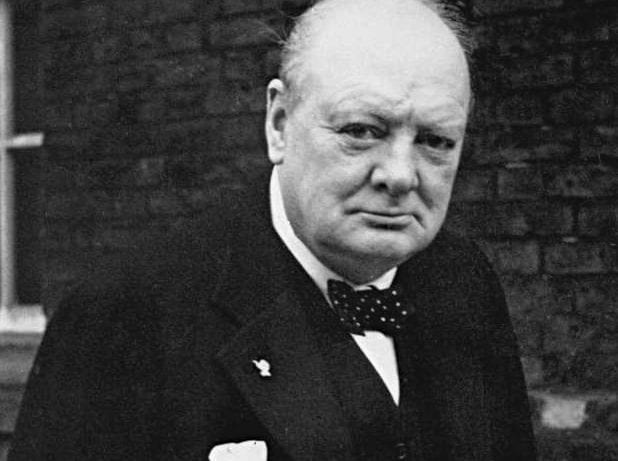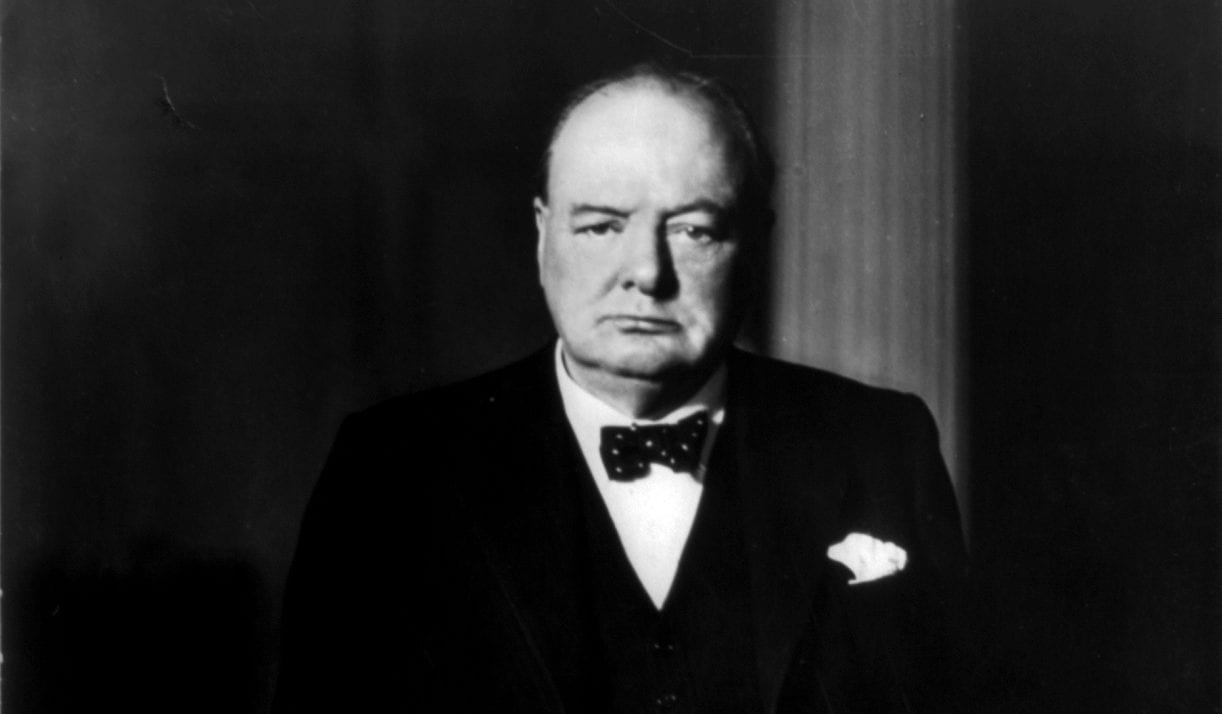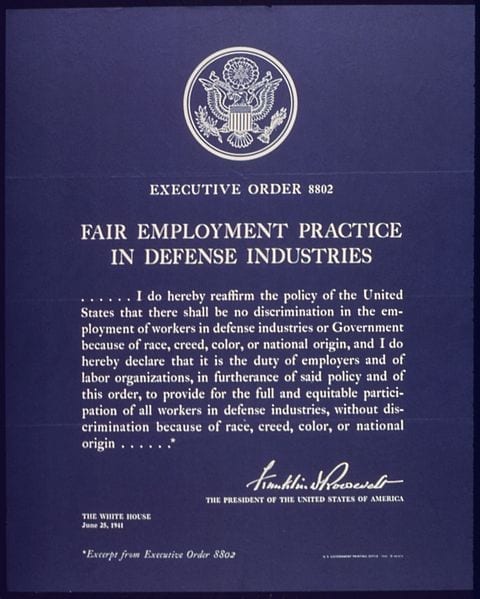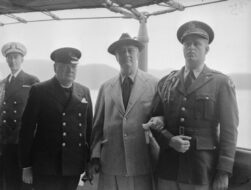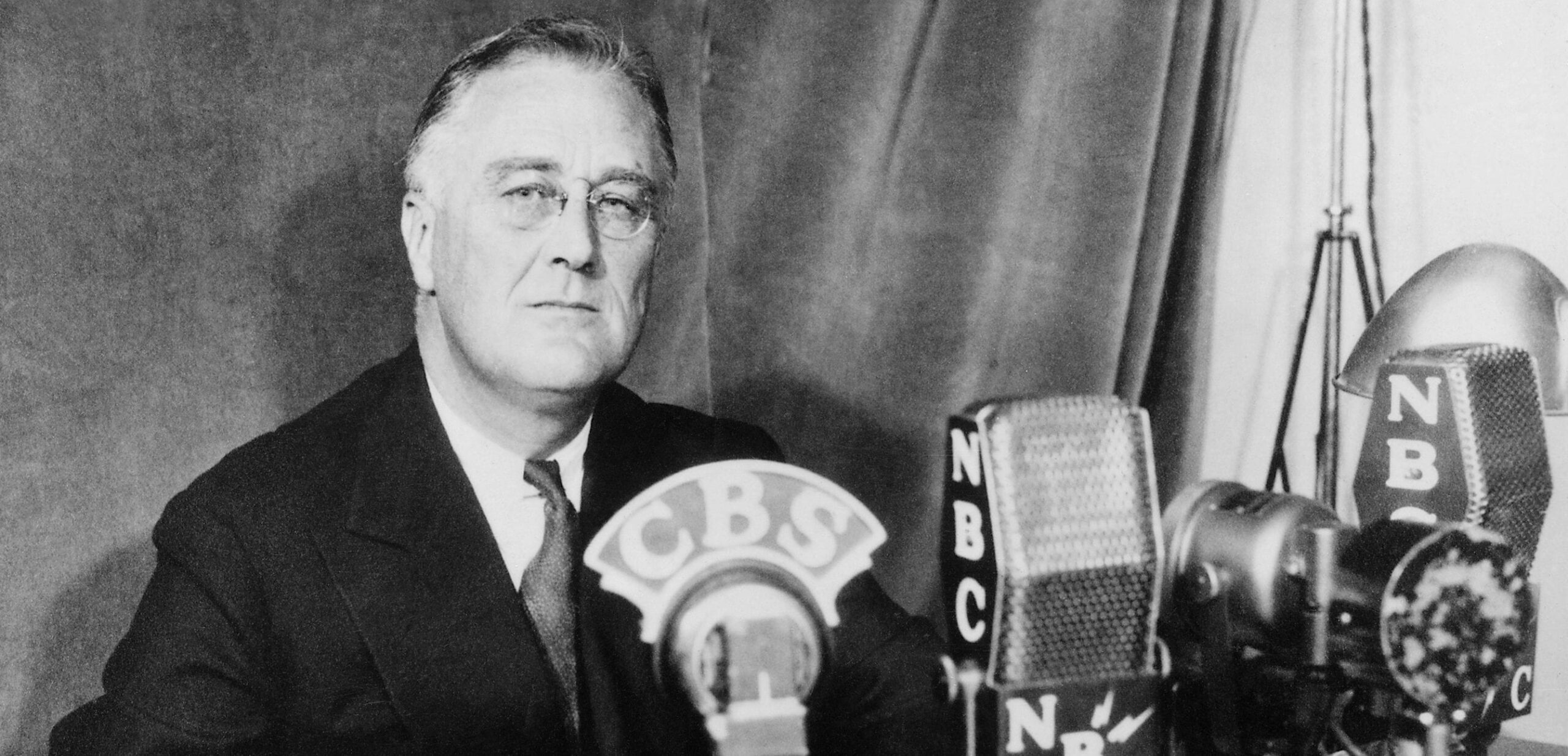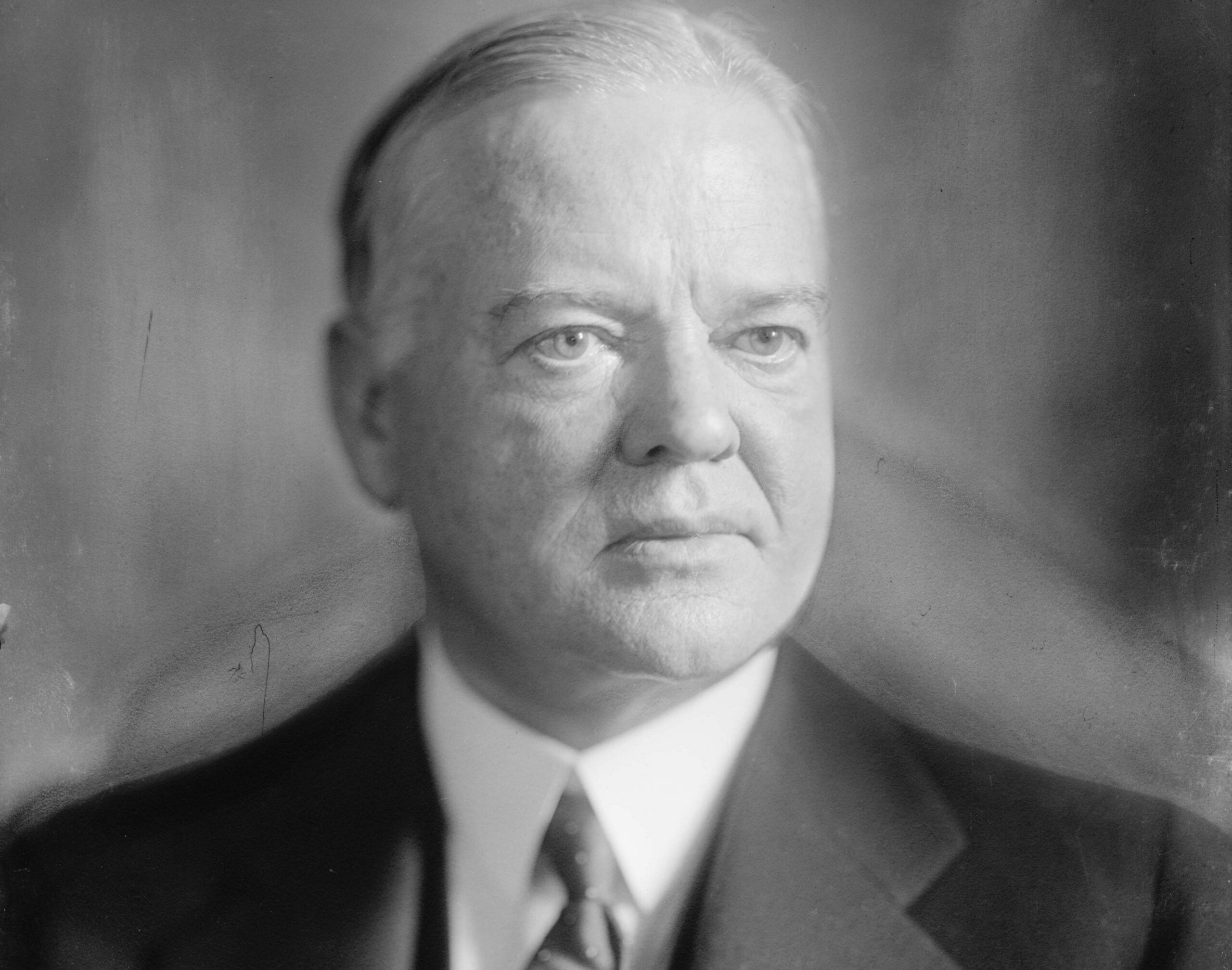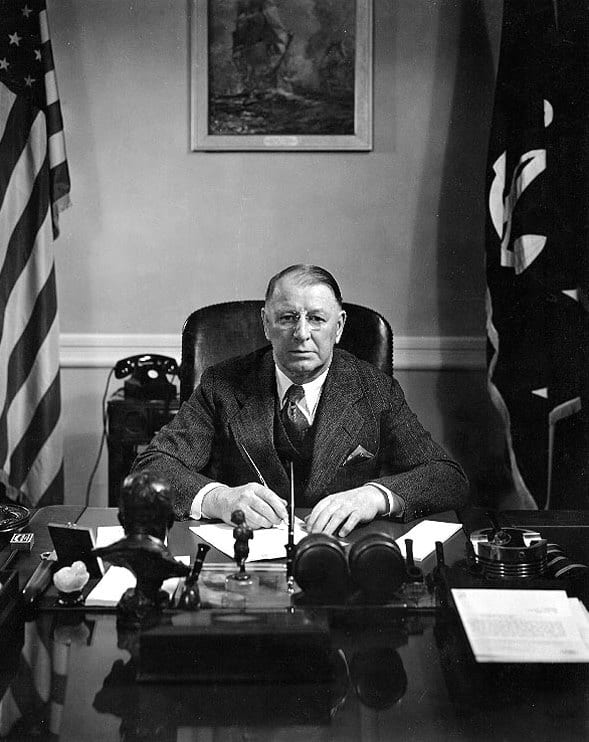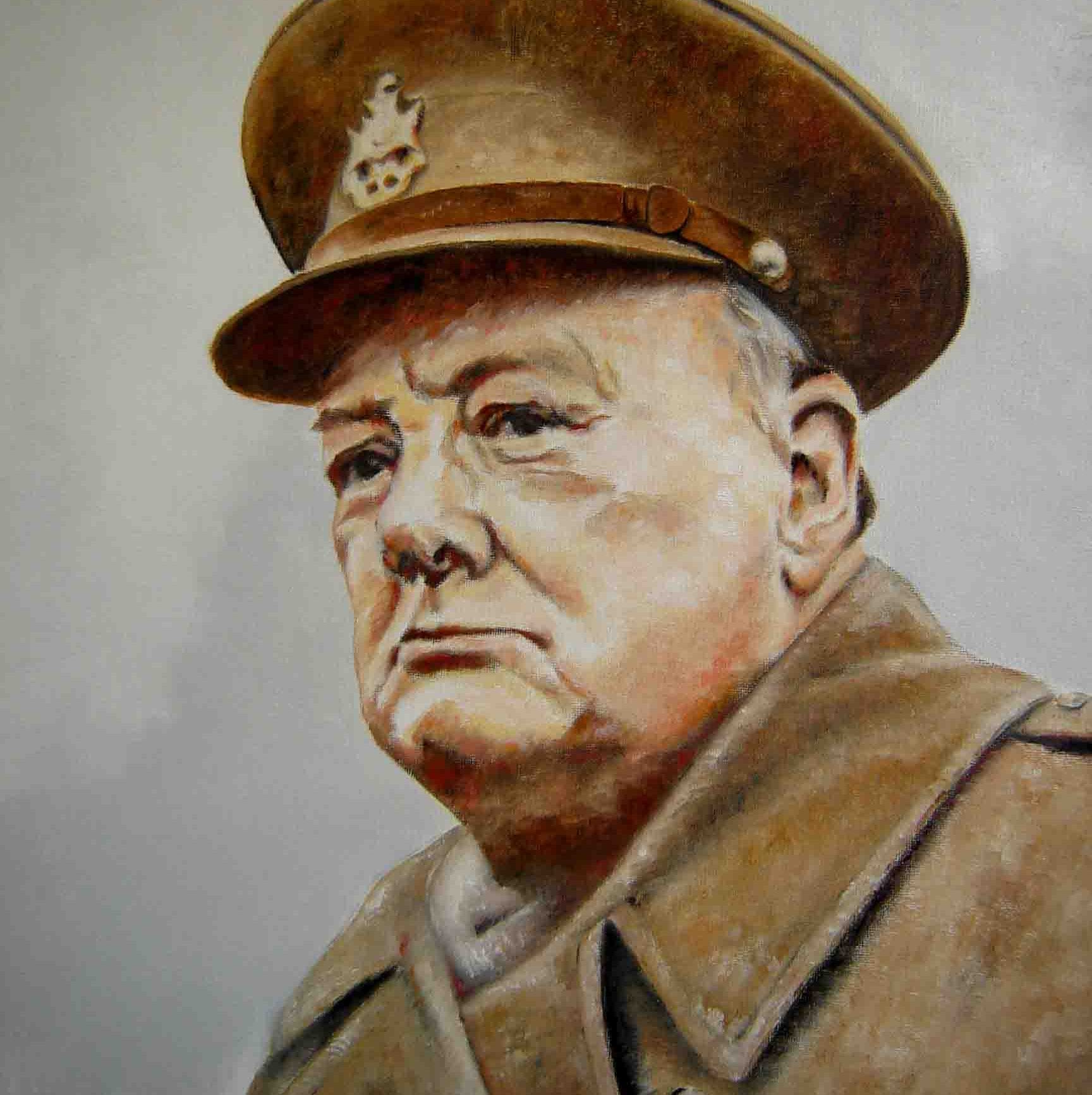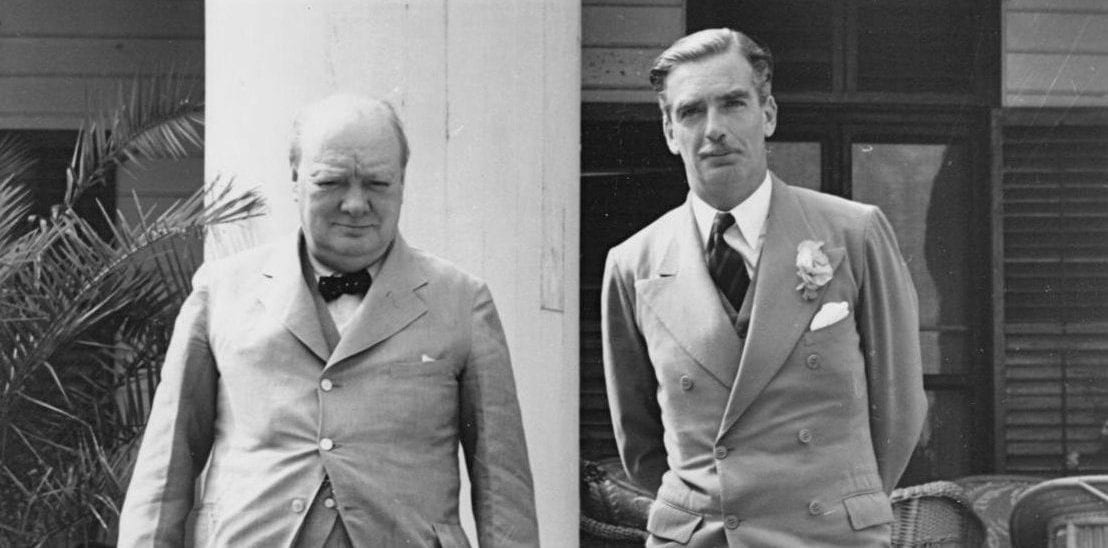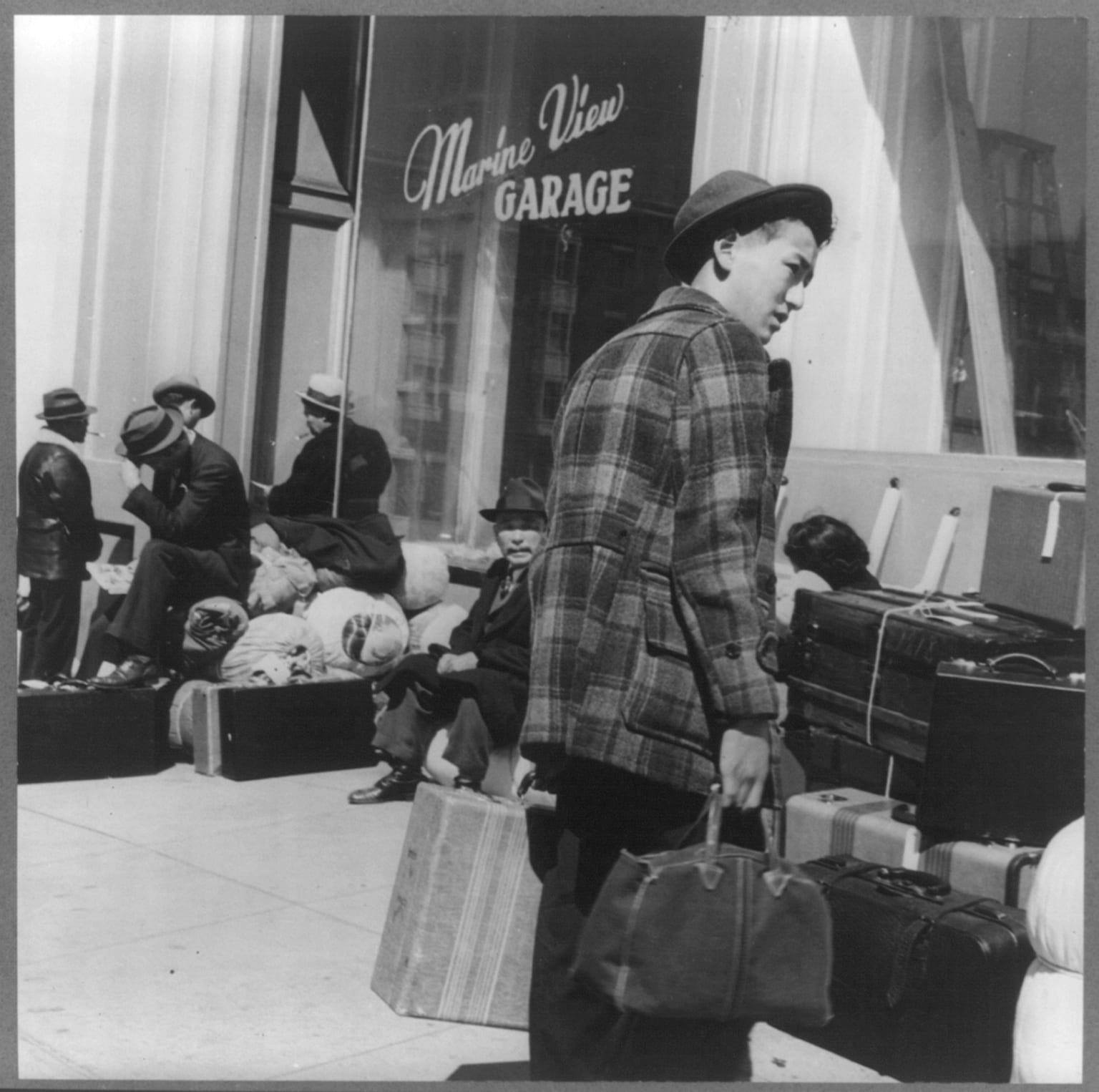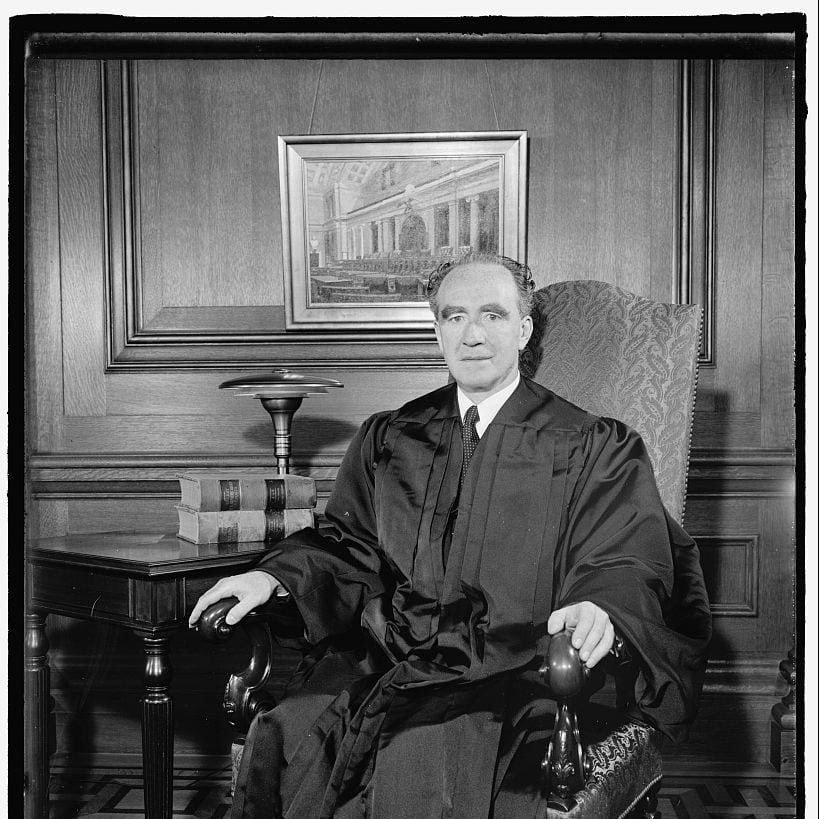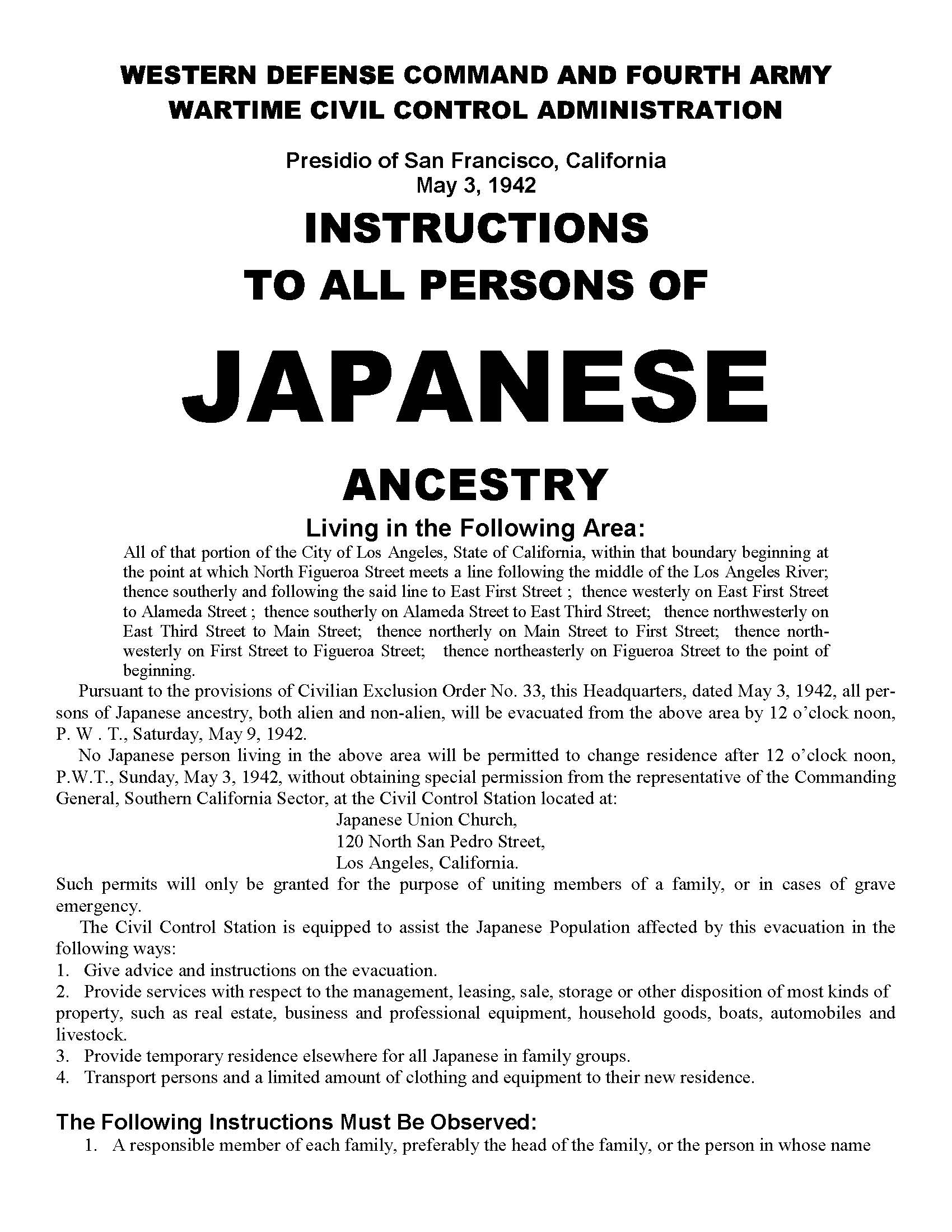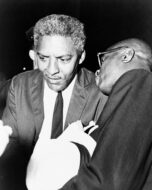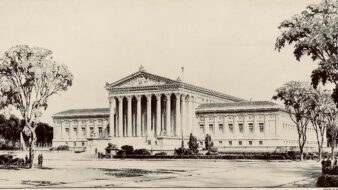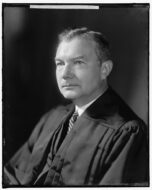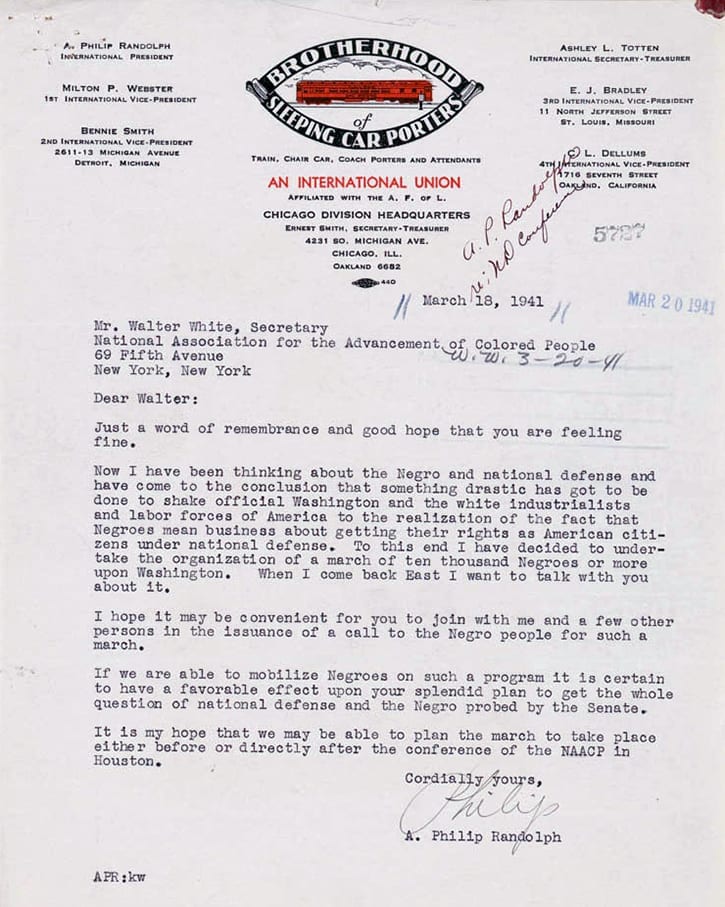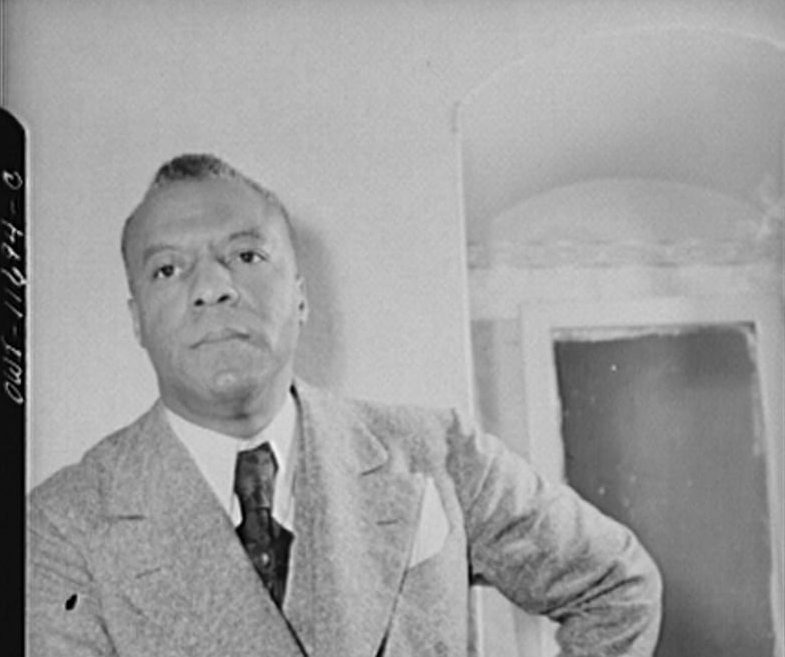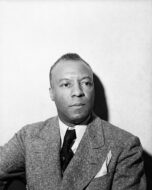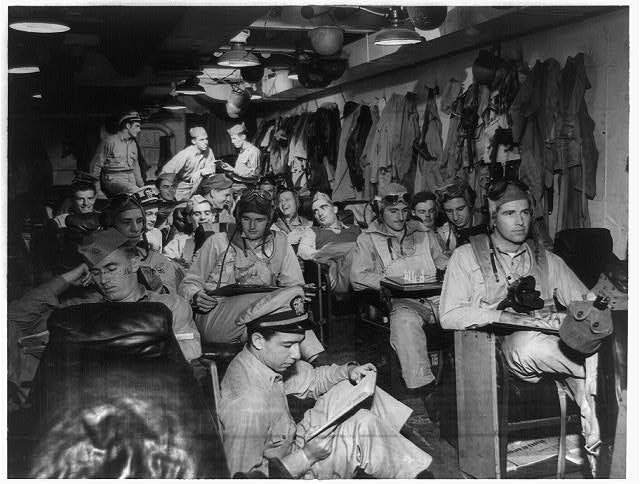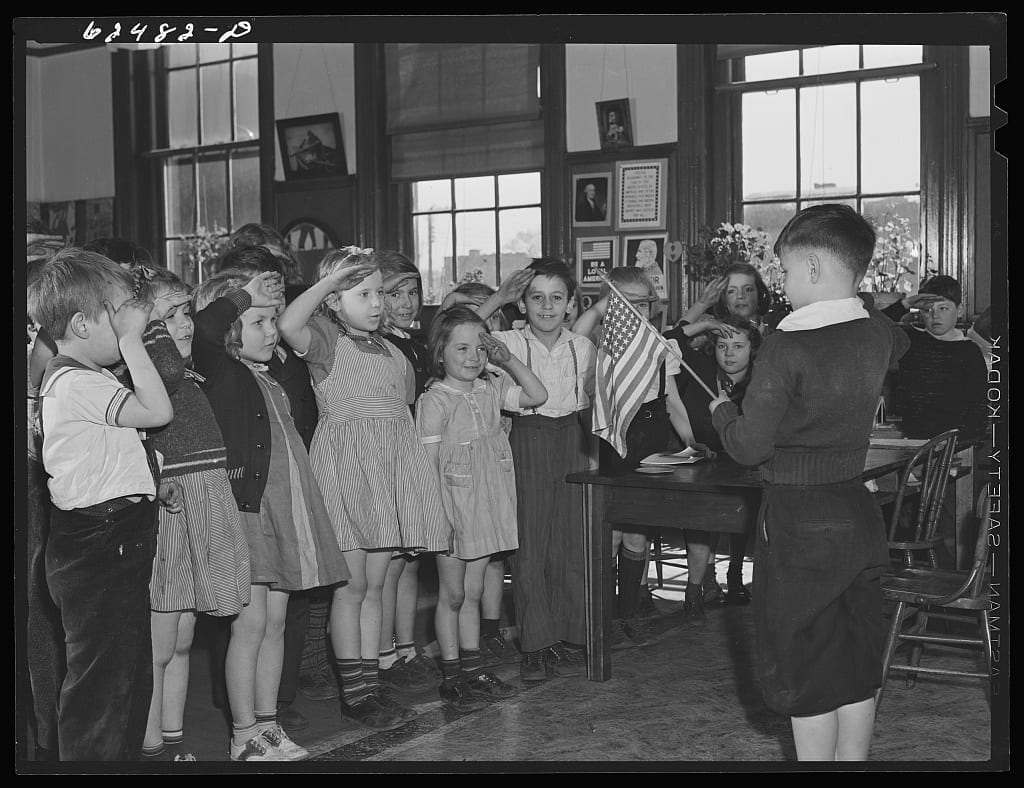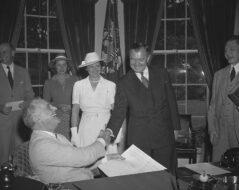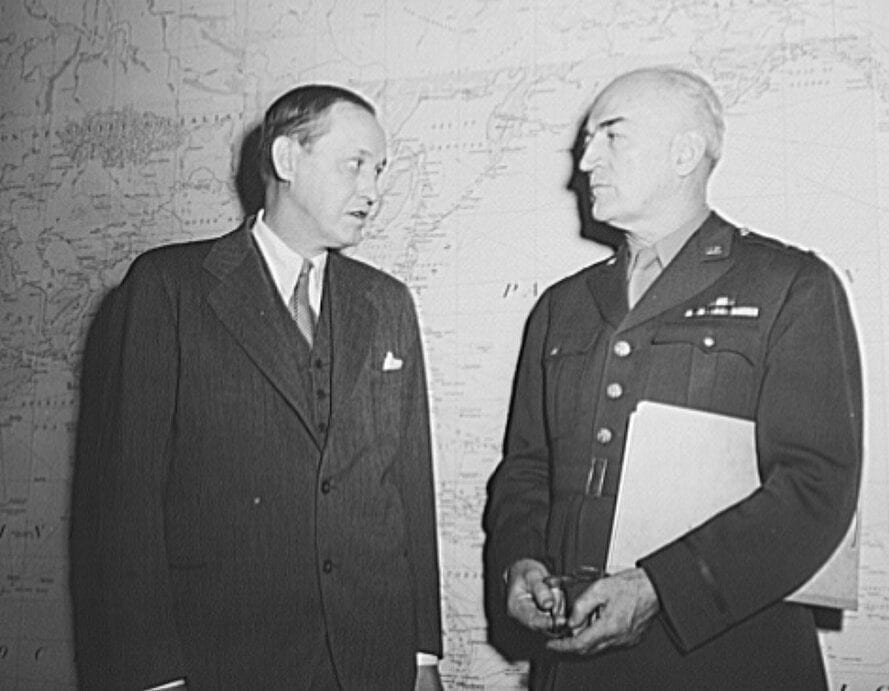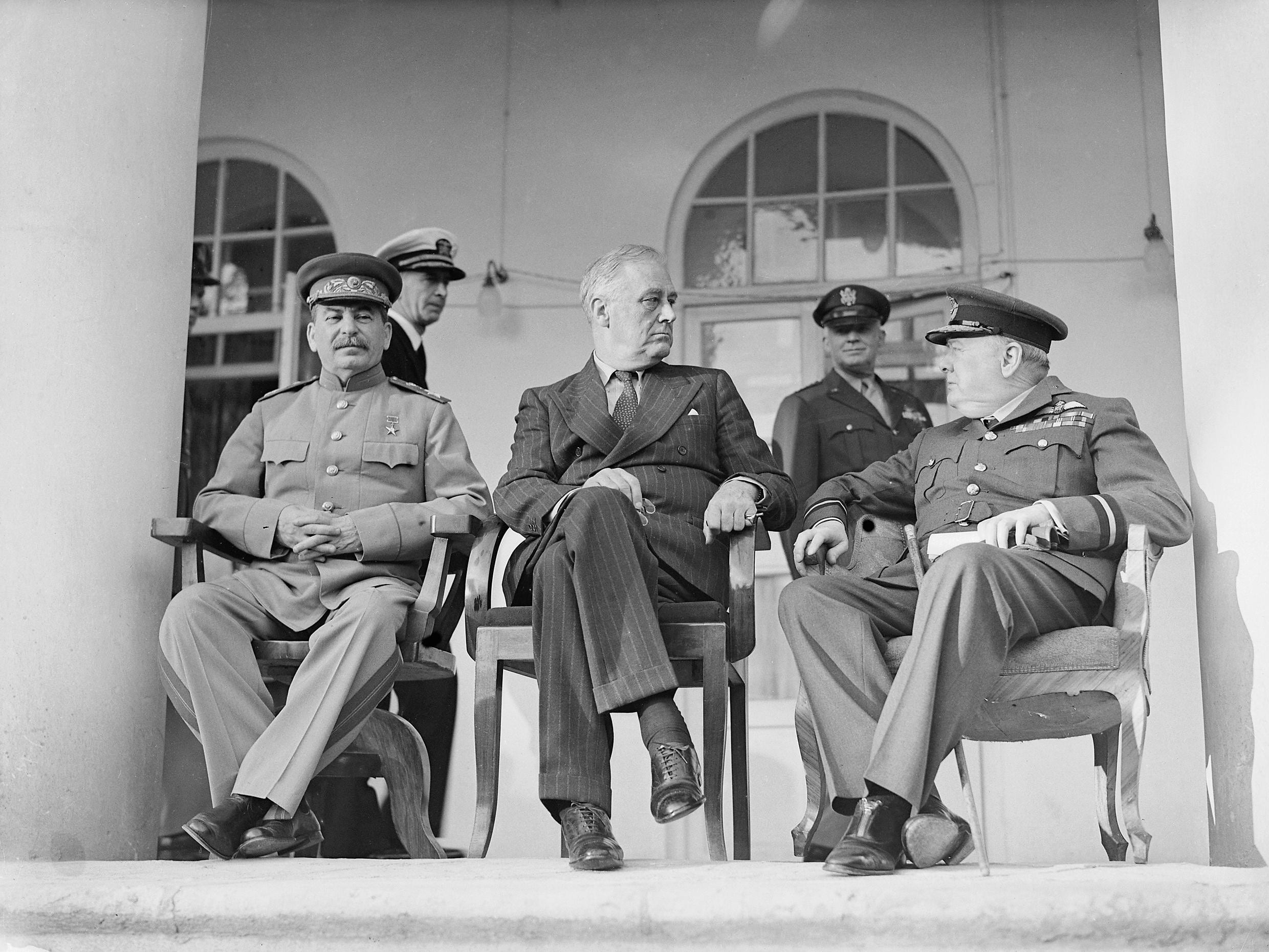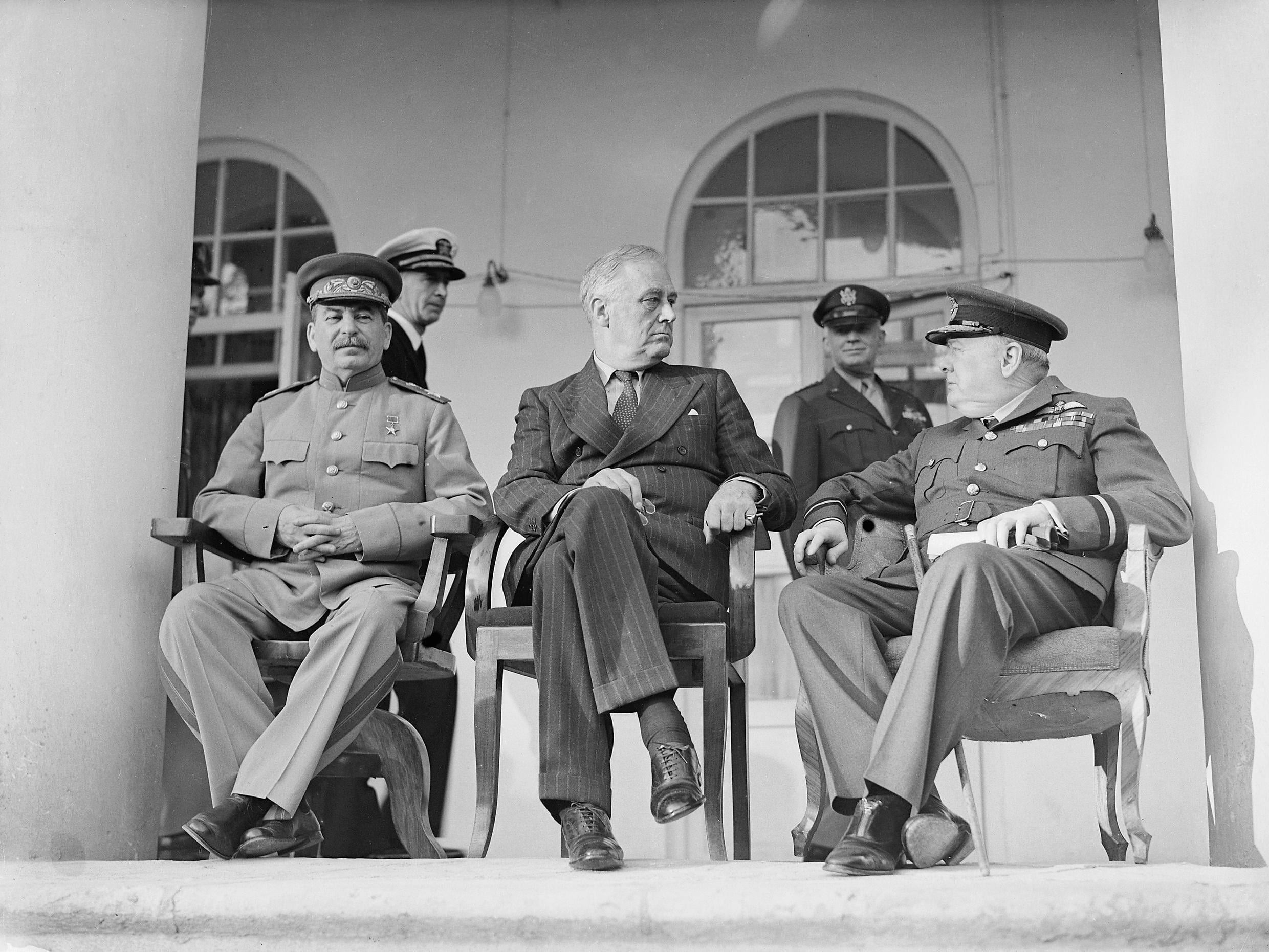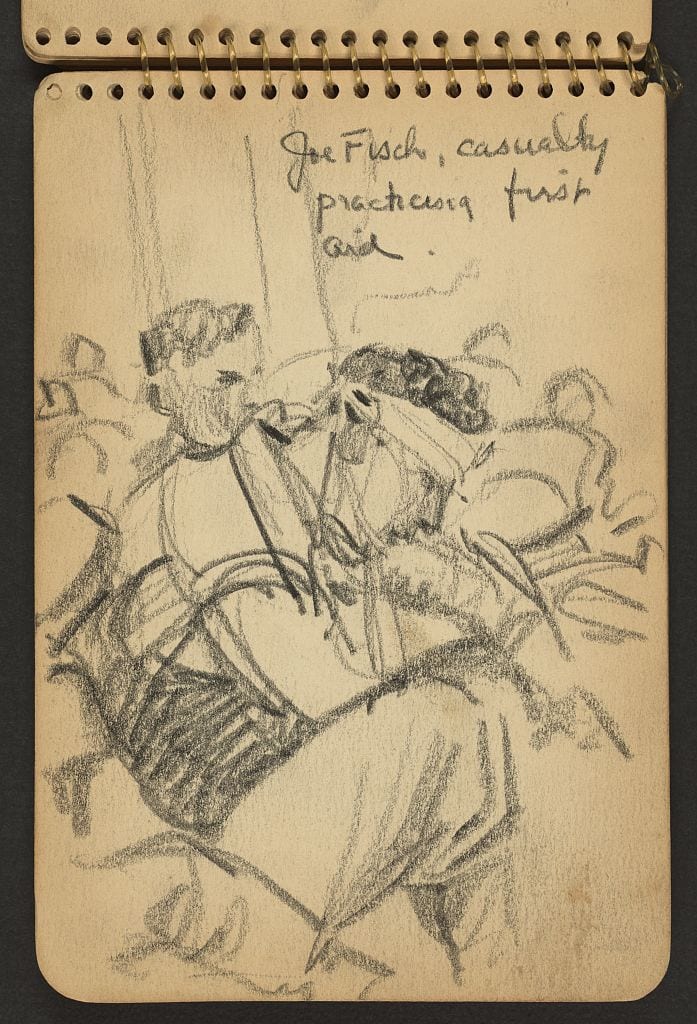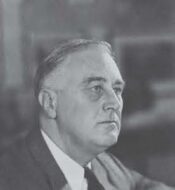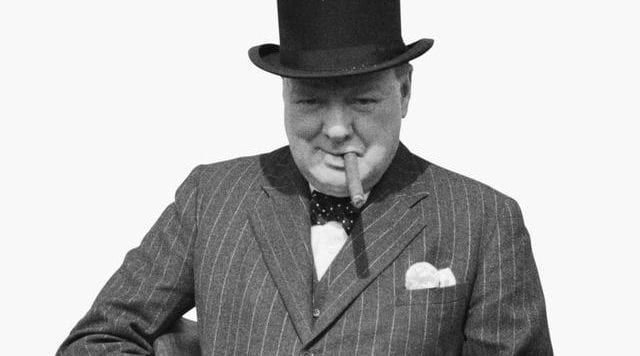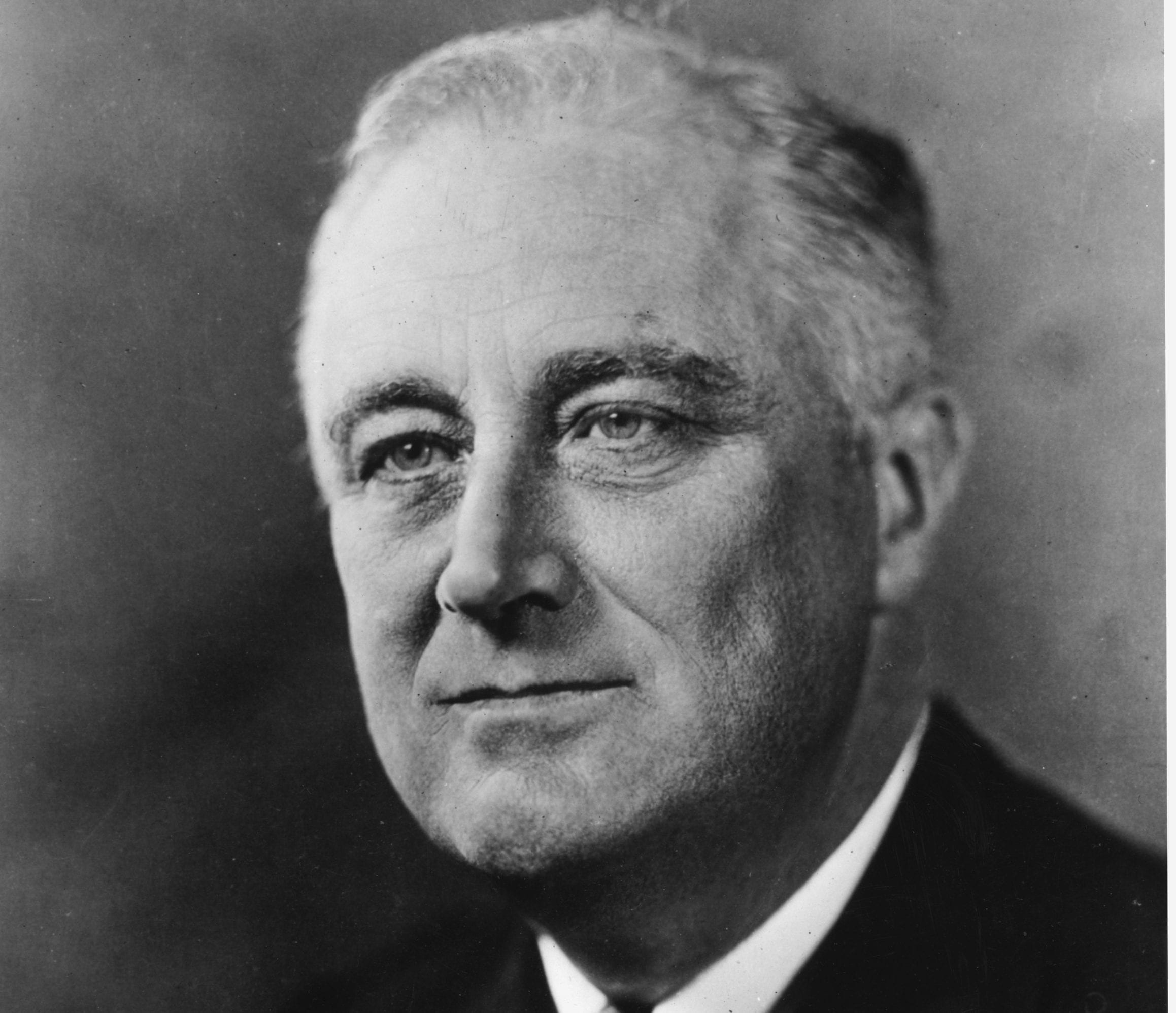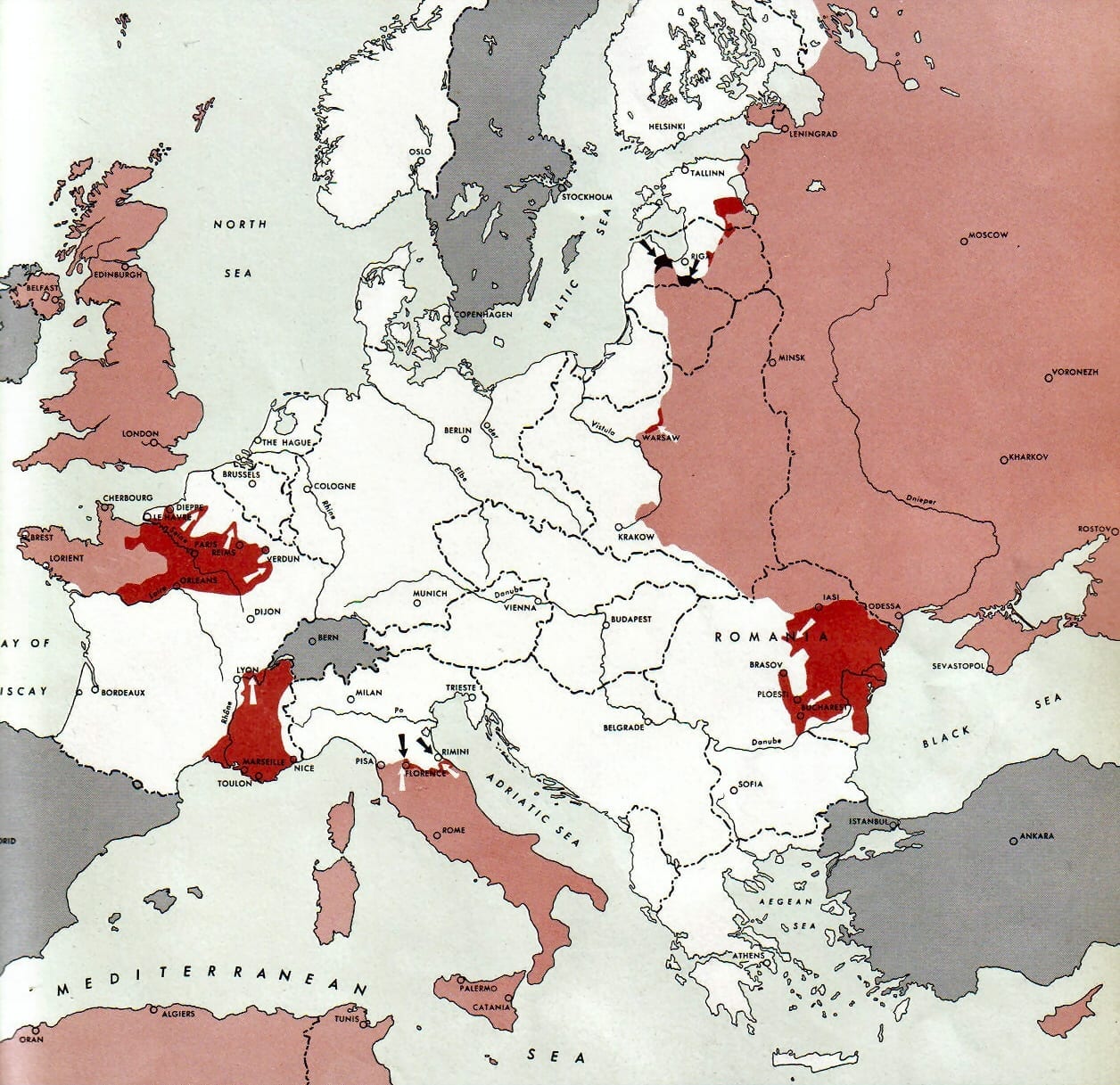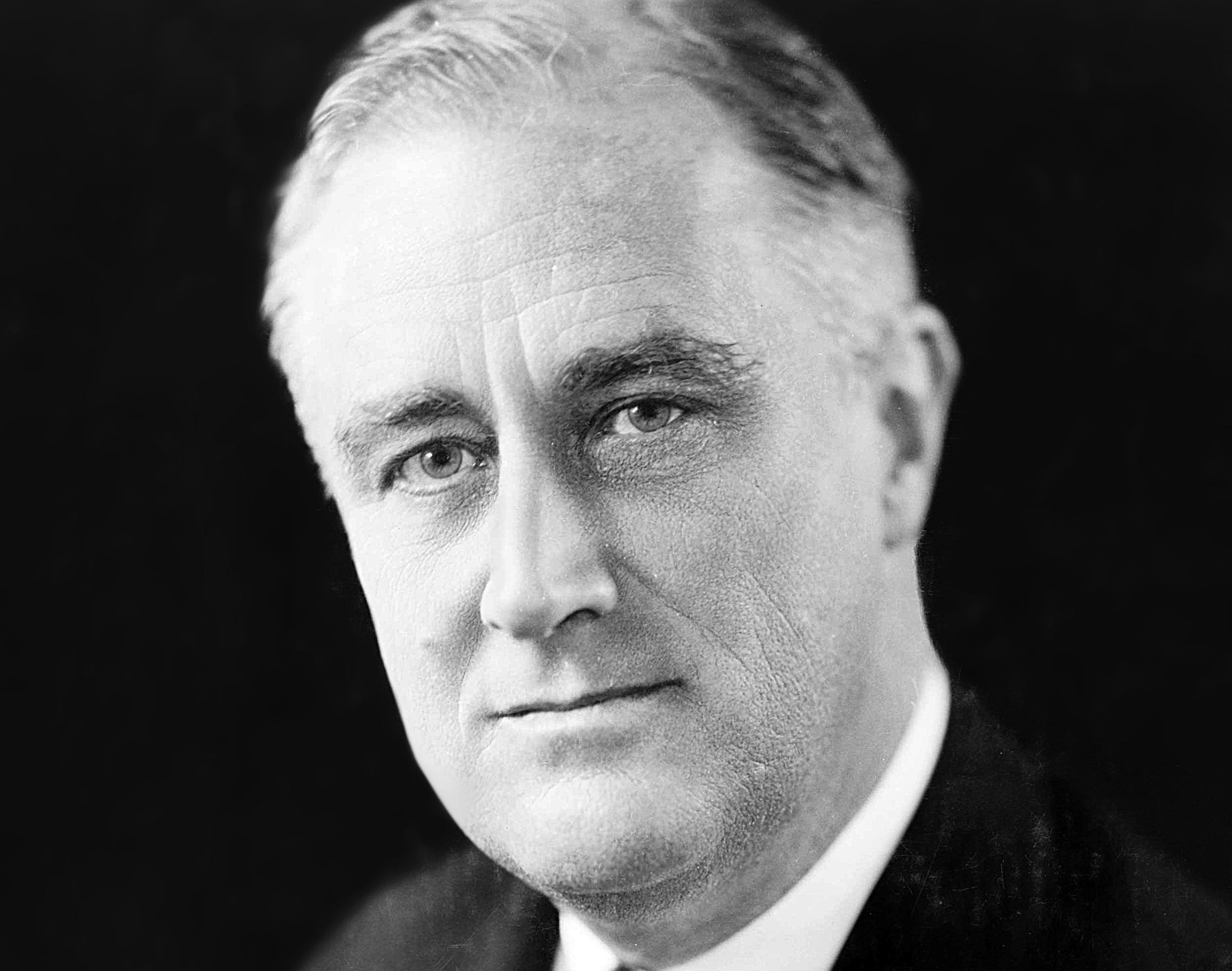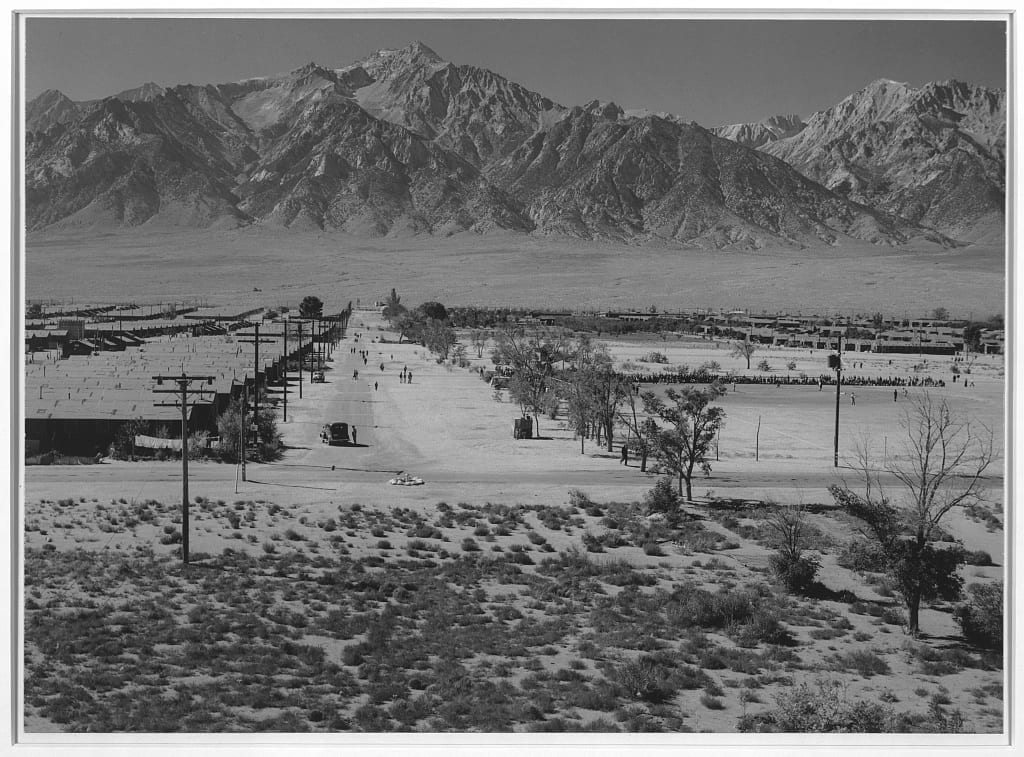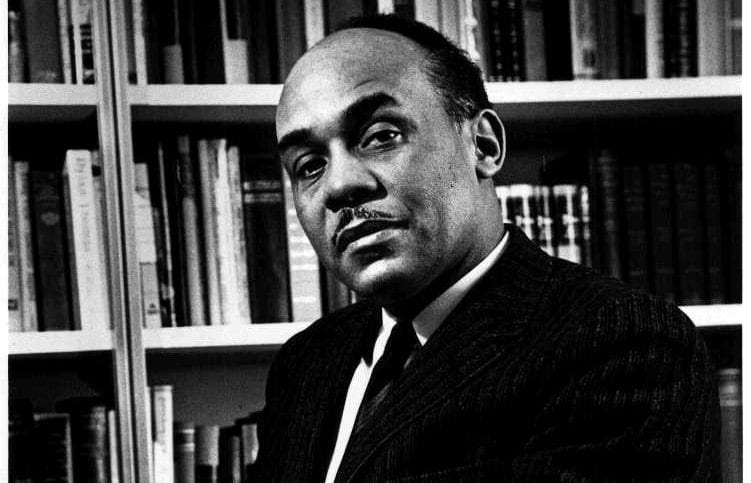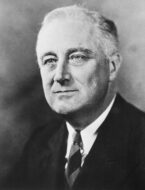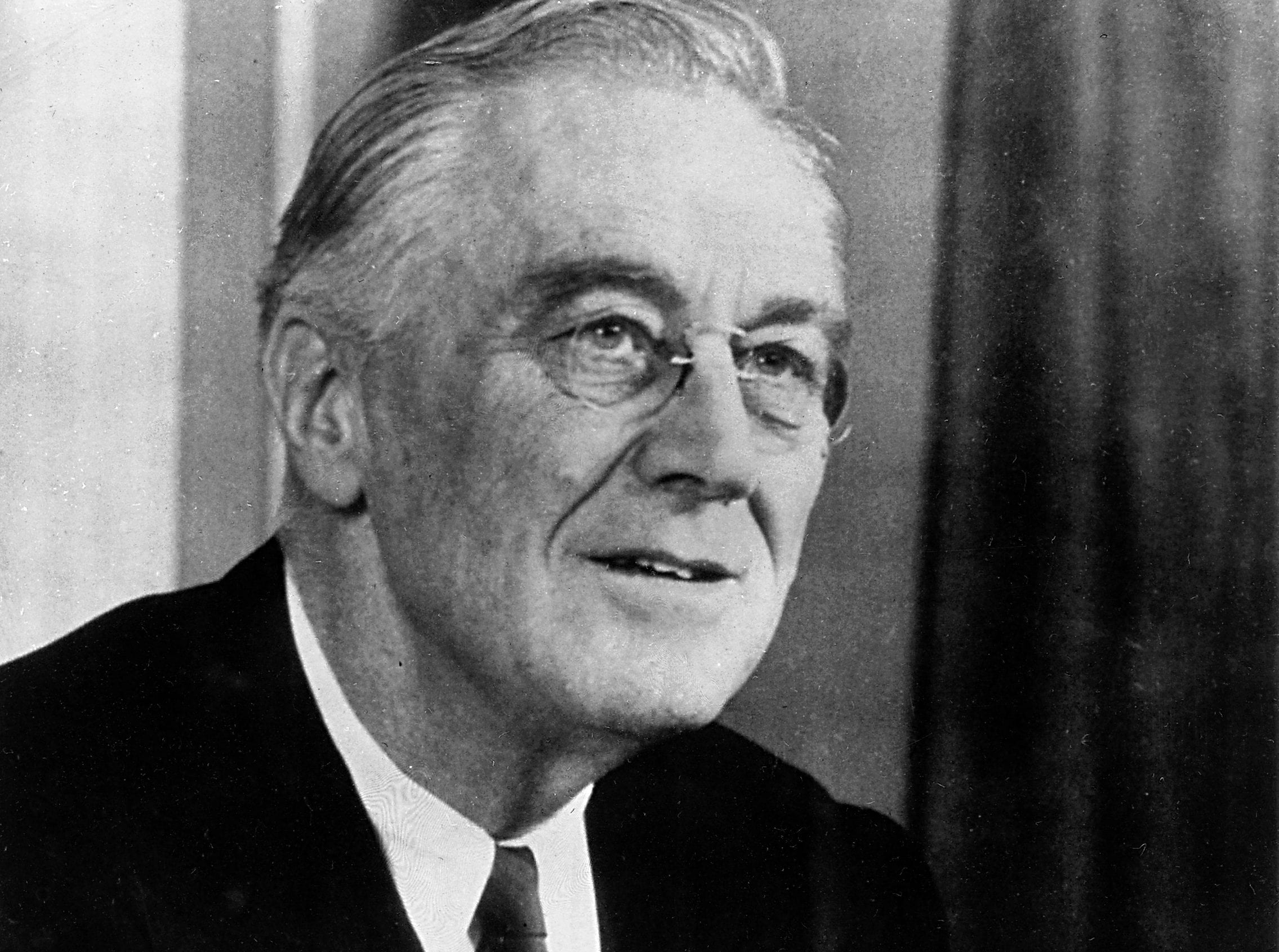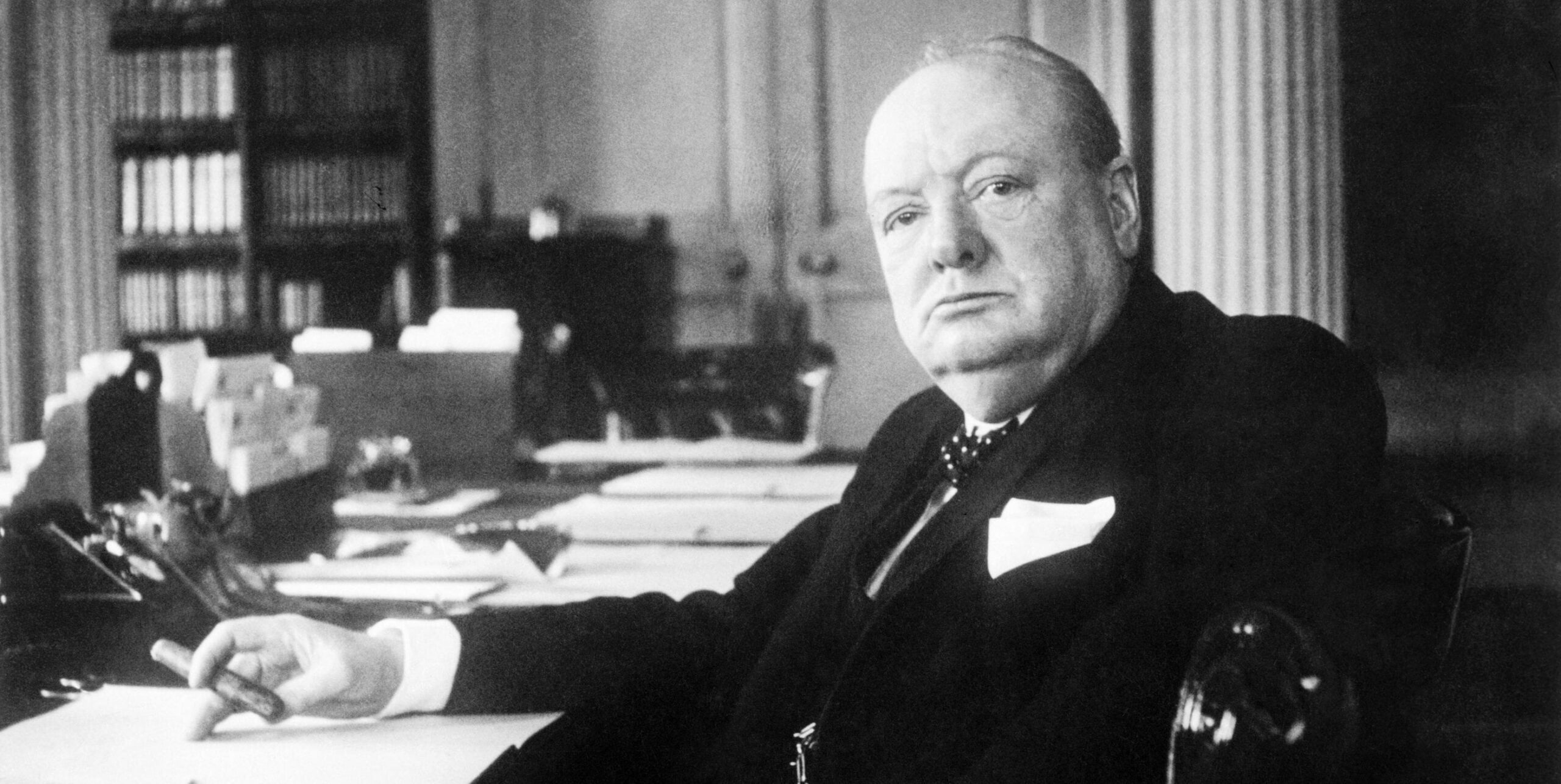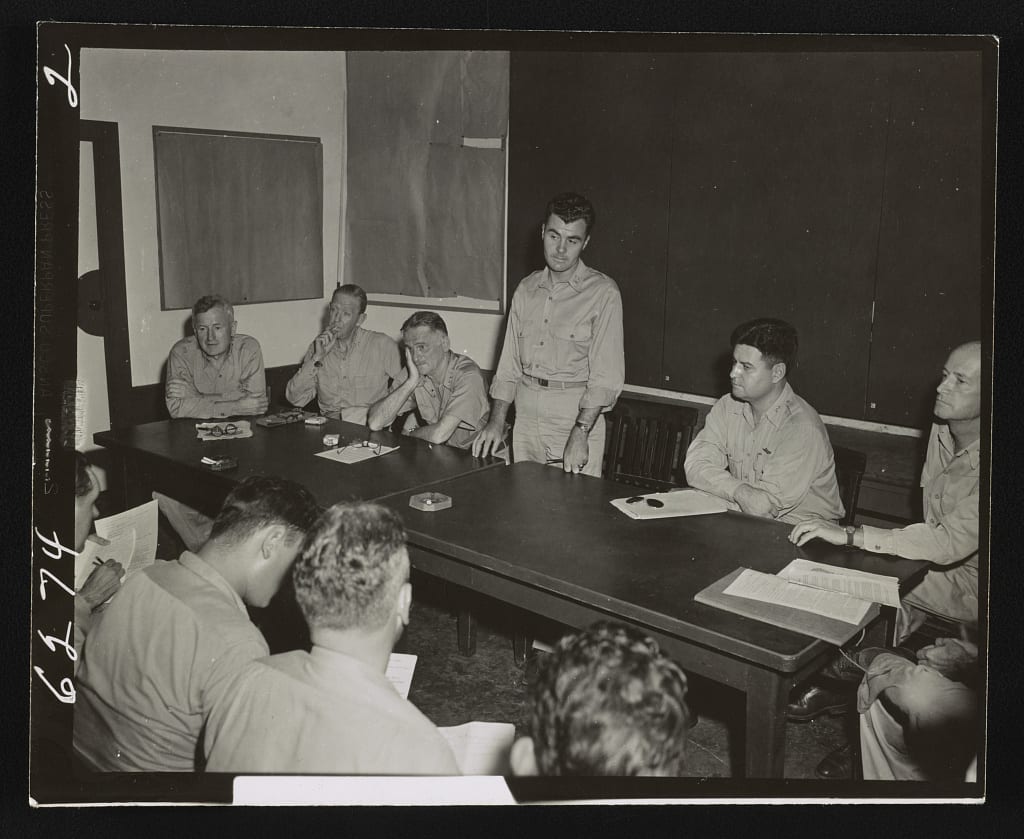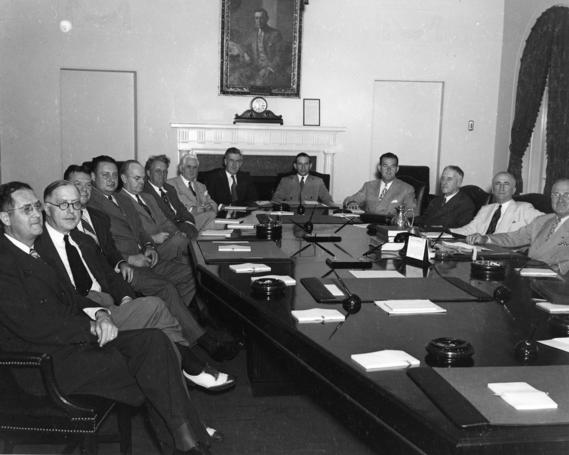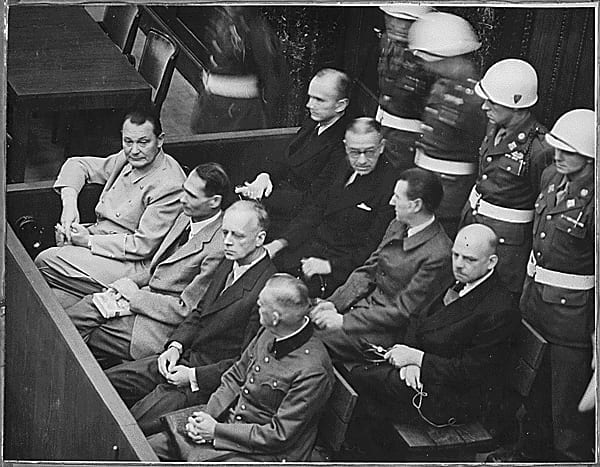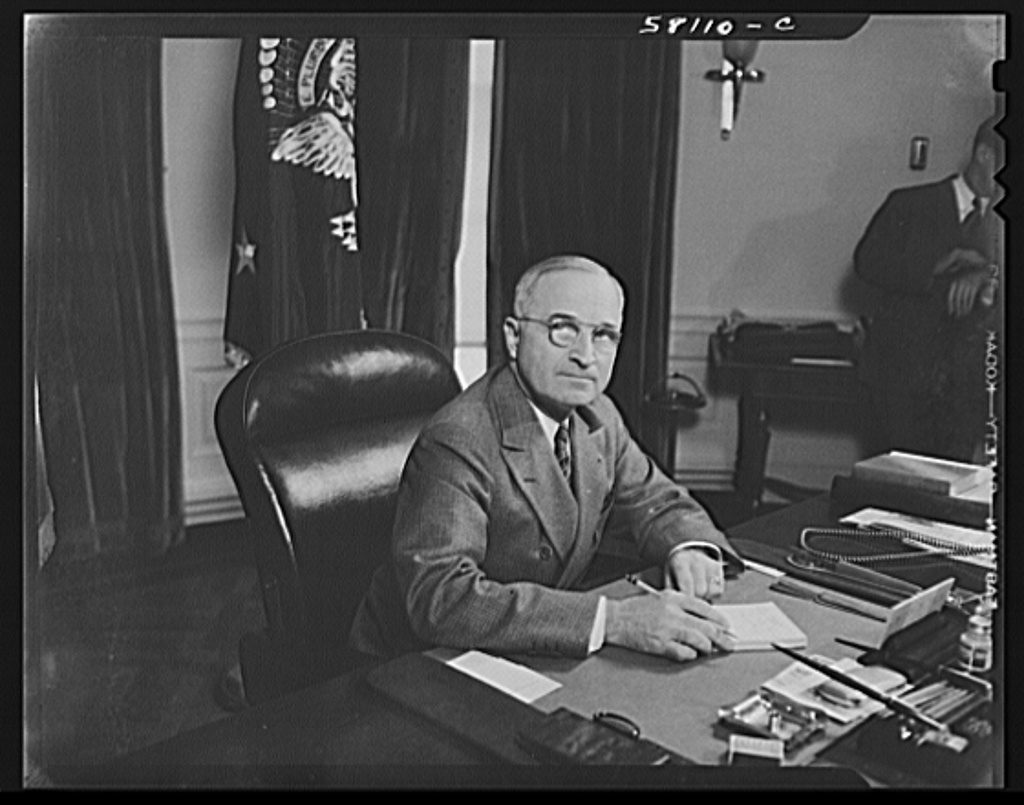
No related resources
Introduction
Just three years after the first “flag salute” case, Minersville School District v. Gobitis, in which the Court ruled 7 to 1 that states could require participation by public school students in flag salutes even in the face of their religious objections, the Supreme Court reversed that decision in West Virginia State Board of Education v. Barnette. Writing for the Court in Gobitis, Justice Felix Frankfurter argued that the “ultimate foundation of a free society is the binding tie of cohesive sentiment. . . . The flag is the symbol of our national unity, transcending all internal differences, however large. . . .” New Justices Robert H. Jackson and James F. Byrnes helped form the majority in Barnette, along with Justices Hugo L. Black and William O. Douglas, who switched their votes. Justice Jackson wrote here for a 6-3 majority against the compulsory flag salute. Setting aside the reasoning in Gobitis, the Court concluded that the Fourteenth Amendment’s Due Process Clause guarantees residents of states the First Amendment’s protections of freedom of speech and free exercise of religion. Of particular significance in this decision is its application of the “discrete and insular minority” doctrine, described in footnote 1, below. The Court asserted its authority to protect minorities whose rights might otherwise be violated by the power of majorities.
We include the dissent of Justice Frankfurter. We omit the concurring opinion of Justices Black and Douglas, in which they explain why their opinion changed. We omit as well the concurring opinion of Justice Frank Murphy and the dissenting opinion of Justice Owen Roberts.
Source: 319 U.S. 586 (1943), https://www.law.cornell.edu/supremecourt/text/319/624. All footnotes added by the editors.
MR. JUSTICE JACKSON delivered the opinion of the Court.
Following the decision by this Court on June 3, 1940, in Minersville School District v. Gobitis, the West Virginia Legislature amended its statutes to require all schools therein to conduct courses of instruction in history, civics, and in the Constitutions of the United States and of the state
“for the purpose of teaching, fostering and perpetuating the ideals, principles and spirit of Americanism, and increasing the knowledge of the organization and machinery of the government.”. . .
The Board of Education on January 9, 1942, adopted a resolution containing recitals taken largely from the Court’s Gobitis opinion and ordering that the salute to the flag become “a regular part of the program of activities in the public schools”. . . . What is now required is the “stiff-arm” salute, the saluter to keep the right hand raised with palm turned up while the following is repeated:
I pledge allegiance to the Flag of the United States of America and to the Republic for which it stands; one Nation, indivisible, with liberty and justice for all.
Failure to conform is “insubordination,” dealt with by expulsion. . . .
Appellees, citizens of the United States and of West Virginia, brought suit in the United States District Court for themselves and others similarly situated asking its injunction to restrain enforcement of these laws and regulations against Jehovah’s Witnesses. . . . [The] religious beliefs [of the Witnesses] include a literal version of Exodus, Chapter 20, verses 4 and 5, which says:
Thou shalt not make unto thee any graven image, or any likeness of anything that is in heaven above, or that is in the earth beneath, or that is in the water under the earth; thou shalt not bow down thyself to them nor serve them.
They consider that the flag is an “image” within this command. For this reason, they refuse to salute it. . .
. . . The sole conflict [here] is between authority and rights of the individual. The state asserts power to condition access to public education on making a prescribed sign and profession and at the same time to coerce attendance by punishing both parent and child. The latter stand on a right of self-determination in matters that touch individual opinion and personal attitude.
As the present chief justice said in dissent in the Gobitis case,[1] the state may “require teaching by instruction and study of all in our history and in the structure and organization of our government, including the guaranties of civil liberty, which tend to inspire patriotism and love of country.” Here, however, we are dealing with a compulsion of students to declare a belief. They are not merely made acquainted with the flag salute so that they may be informed as to what it is or even what it means. The issue here is whether this slow and easily neglected route to aroused loyalties constitutionally may be short-cut by substituting a compulsory salute and slogan. . . .
There is no doubt that, in connection with the pledges, the flag salute is a form of utterance. Symbolism is a primitive but effective way of communicating ideas. The use of an emblem or flag to symbolize some system, idea, institution, or personality is a short-cut from mind to mind. Causes and nations, political parties, lodges, and ecclesiastical groups seek to knit the loyalty of their followings to a flag or banner, a color or design. The state announces rank, function, and authority through crowns and maces, uniforms and black robes; the church speaks through the cross, the crucifix, the altar and shrine, and clerical raiment. Symbols of state often convey political ideas, just as religious symbols come to convey theological ones. Associated with many of these symbols are appropriate gestures of acceptance or respect: a salute, a bowed or bared head, a bended knee. A person gets from a symbol the meaning he puts into it, and what is one man’s comfort and inspiration is another’s jest and scorn.
. . . Here, it is the state that employs a flag as a symbol of adherence to government as presently organized. It requires the individual to communicate by word and sign his acceptance of the political ideas it thus bespeaks. Objection to this form of communication, when coerced, is an old one, well known to the framers of the Bill of Rights.
It is also to be noted that the compulsory flag salute and pledge requires affirmation of a belief and an attitude of mind. It is not clear whether the regulation contemplates that pupils forego any contrary convictions of their own and become unwilling converts to the prescribed ceremony, or whether it will be acceptable if they simulate assent by words without belief, and by a gesture barren of meaning. It is now a commonplace that censorship or suppression of expression of opinion is tolerated by our Constitution only when the expression presents a clear and present danger of action of a kind the state is empowered to prevent and punish.[2] It would seem that involuntary affirmation could be commanded only on even more immediate and urgent grounds than silence. But here, the power of compulsion is invoked without any allegation that remaining passive during a flag salute ritual creates a clear and present danger that would justify an effort even to muffle expression. To sustain the compulsory flag salute, we are required to say that a Bill of Rights which guards the individual’s right to speak his own mind left it open to public authorities to compel him to utter what is not in his mind.
Whether the First Amendment to the Constitution will permit officials to order observance of ritual of this nature does not depend upon whether as a voluntary exercise we would think it to be good, bad or merely innocuous. Any credo of nationalism is likely to include what some disapprove or to omit what others think essential, and to give off different overtones as it takes on different accents or interpretations. If official power exists to coerce acceptance of any patriotic creed, what it shall contain cannot be decided by courts, but must be largely discretionary with the ordaining authority, whose power to prescribe would no doubt include power to amend. Hence, validity of the asserted power to force an American citizen publicly to profess any statement of belief, or to engage in any ceremony of assent to one, presents questions of power that must be considered independently of any idea we may have as to the utility of the ceremony in question.
Nor does the issue, as we see it, turn on one’s possession of particular religious views or the sincerity with which they are held. While religion supplies appellees’ motive for enduring the discomforts of making the issue in this case, many citizens who do not share these religious views hold such a compulsory rite to infringe constitutional liberty of the individual. It is not necessary to inquire whether nonconformist beliefs will exempt from the duty to salute unless we first find power to make the salute a legal duty.
The Gobitis decision, however, assumed, as did the argument in that case and in this, that power exists in the state to impose the flag salute discipline upon school children in general. The Court only examined and rejected a claim based on religious beliefs of immunity from an unquestioned general rule. The question which underlies the flag salute controversy is whether such a ceremony so touching matters of opinion and political attitude may be imposed upon the individual by official authority under powers committed to any political organization under our Constitution. We examine, rather than assume existence of, this power, and, against this broader definition of issues in this case, reexamine specific grounds assigned for the Gobitis decision. [In portions of the opinion that we omit, Jackson disputed Frankfurter’s main claims in Gobitis about governmental authority, the Court’s power, and the meaning of the Fourteenth Amendment’s Due Process Clause.]
. . .
- Lastly, and this is the very heart of the Gobitis opinion, it reasons that “National unity is the basis of national security,” that the authorities have “the right to select appropriate means for its attainment,” and hence reaches the conclusion that such compulsory measures toward “national unity” are constitutional. Upon the verity of this assumption depends our answer in this case.
National unity, as an end which officials may foster by persuasion and example, is not in question. The problem is whether, under our Constitution, compulsion as here employed is a permissible means for its achievement.
Struggles to coerce uniformity of sentiment in support of some end thought essential to their time and country have been waged by many good, as well as by evil, men. Nationalism is a relatively recent phenomenon, but, at other times and places, the ends have been racial or territorial security, support of a dynasty or regime, and particular plans for saving souls. As first and moderate methods to attain unity have failed, those bent on its accomplishment must resort to an ever-increasing severity. As governmental pressure toward unity becomes greater, so strife becomes more bitter as to whose unity it shall be. Probably no deeper division of our people could proceed from any provocation than from finding it necessary to choose what doctrine and whose program public educational officials shall compel youth to unite in embracing. Ultimate futility of such attempts to compel coherence is the lesson of every such effort, from the Roman drive to stamp out Christianity as a disturber of its pagan unity; the Inquisition as a means to religious and dynastic unity; the Siberian exiles as a means to Russian unity; down to the fast failing efforts of our present totalitarian enemies. Those who begin coercive elimination of dissent soon find themselves exterminating dissenters. Compulsory unification of opinion achieves only the unanimity of the graveyard.
It seems trite but necessary to say that the First Amendment to our Constitution was designed to avoid these ends by avoiding these beginnings. There is no mysticism in the American concept of the state or of the nature or origin of its authority. We set up government by consent of the governed, and the Bill of Rights denies those in power any legal opportunity to coerce that consent. Authority here is to be controlled by public opinion, not public opinion by authority.
The case is made difficult not because the principles of its decision are obscure, but because the flag involved is our own. Nevertheless, we apply the limitations of the Constitution with no fear that freedom to be intellectually and spiritually diverse or even contrary will disintegrate the social organization. To believe that patriotism will not flourish if patriotic ceremonies are voluntary and spontaneous, instead of a compulsory routine, is to make an unflattering estimate of the appeal of our institutions to free minds. We can have intellectual individualism and the rich cultural diversities that we owe to exceptional minds only at the price of occasional eccentricity and abnormal attitudes. When they are so harmless to others or to the state as those we deal with here, the price is not too great. But freedom to differ is not limited to things that do not matter much. That would be a mere shadow of freedom. The test of its substance is the right to differ as to things that touch the heart of the existing order.
If there is any fixed star in our constitutional constellation, it is that no official, high or petty, can prescribe what shall be orthodox in politics, nationalism, religion, or other matters of opinion, or force citizens to confess by word or act their faith therein. If there are any circumstances which permit an exception, they do not now occur to us. . . .
- MR. JUSTICE FRANKFURTER, dissenting:
One who belongs to the most vilified and persecuted minority in history is not likely to be insensible to the freedoms guaranteed by our Constitution. Were my purely personal attitude relevant, I should wholeheartedly associate myself with the general libertarian views in the Court’s opinion, representing, as they do, the thought and action of a lifetime. But, as judges, we are neither Jew nor Gentile, neither Catholic nor agnostic. We owe equal attachment to the Constitution, and are equally bound by our judicial obligations whether we derive our citizenship from the earliest or the latest immigrants to these shores. . . . It can never be emphasized too much that one’s own opinion about the wisdom or evil of a law should be excluded altogether when one is doing one’s duty on the bench. The only opinion of our own even looking in that direction that is material is our opinion whether legislators could, in reason, have enacted such a law. In the light of all the circumstances, including the history of this question in this Court, it would require more daring than I possess to deny that reasonable legislators could have taken the action which is before us for review. Most unwillingly, therefore, I must differ from my brethren with regard to legislation like this. I cannot bring my mind to believe that the “liberty” secured by the Due Process Clause gives this Court authority to deny to the State of West Virginia the attainment of that which we all recognize as a legitimate legislative end, namely, the promotion of good citizenship, by employment of the means here chosen. . . .
The admonition that judicial self-restraint alone limits arbitrary exercise of our authority is relevant every time we are asked to nullify legislation. The Constitution does not give us greater veto power when dealing with one phase of “liberty” than with another, or when dealing with grade school regulations than with college regulations that offend conscience, as was the case in Hamilton v. Regents 293 U.S. 245. In neither situation is our function comparable to that of a legislature, nor are we free to act as though we were a super-legislature. Judicial self-restraint is equally necessary whenever an exercise of political or legislative power is challenged. There is no warrant in the constitutional basis of this Court’s authority for attributing different roles to it depending upon the nature of the challenge to the legislation. Our power does not vary according to the particular provision of the Bill of Rights which is invoked. The right not to have property taken without just compensation has, so far as the scope of judicial power is concerned, the same constitutional dignity as the right to be protected against unreasonable searches and seizures, and the latter has no less claim than freedom of the press or freedom of speech or religious freedom. In no instance is this Court the primary protector of the particular liberty that is invoked. . . .
When Mr. Justice Holmes, speaking for this Court, wrote that “it must be remembered that legislatures are ultimate guardians of the liberties and welfare of the people in quite as great a degree as the courts,” he went to the very essence of our constitutional system and the democratic conception of our society. He did not mean that for only some phases of civil government this Court was not to supplant legislatures and sit in judgment upon the right or wrong of a challenged measure. He was stating the comprehensive judicial duty and role of this Court in our constitutional scheme whenever legislation is sought to be nullified on any ground, namely, that responsibility for legislation lies with legislatures, answerable as they are directly to the people, and this Court’s only and very narrow function is to determine whether, within the broad grant of authority vested in legislatures, they have exercised a judgment for which reasonable justification can be offered. . . .
. . . [T]he Framers of the Constitution denied . . . legislative powers to the federal judiciary. They chose instead to insulate the judiciary from the legislative function. They did not grant to this Court supervision over legislation. . . .
We are not reviewing merely the action of a local school board. The flag salute requirement in this case comes before us with the full authority of the State of West Virginia. We are, in fact, passing judgment on “the power of the state as a whole.” Practically, we are passing upon the political power of each of the forty-eight states. Moreover, since the First Amendment has been read into the Fourteenth, our problem is precisely the same as it would be if we had before us an act of Congress for the District of Columbia. To suggest that we are here concerned with the heedless action of some village tyrants is to distort the augustness of the constitutional issue and the reach of the consequences of our decision. . . .
. . . But the real question is, who is to make such accommodations, the courts or the legislature?
This is no dry, technical matter. It cuts deep into one’s conception of the democratic process—it concerns no less the practical differences between the means for making these accommodations that are open to courts and to legislatures. A court can only strike down. It can only say “This or that law is void.” It cannot modify or qualify, it cannot make exceptions to a general requirement. And it strikes down not merely for a day. At least the finding of unconstitutionality ought not to have ephemeral significance unless the Constitution is to be reduced to the fugitive importance of mere legislation. When we are dealing with the Constitution of the United States, and, more particularly, with the great safeguards of the Bill of Rights, we are dealing with principles of liberty and justice “so rooted in the traditions and conscience of our people as to be ranked as fundamental”—something without which “a fair and enlightened system of justice would be impossible.” Palko v. Connecticut, 302 U.S. 319; Hurtado v. California, 110 U.S. 516. If the function of this Court is to be essentially no different from that of a legislature, if the considerations governing constitutional construction are to be substantially those that underlie legislation, then indeed judges should not have life tenure, and they should be made directly responsible to the electorate. . . .
What one can say with assurance is that the history out of which grew constitutional provisions for religious equality and the writings of the great exponents of religious freedom—Jefferson, Madison, John Adams, Benjamin Franklin—are totally wanting in justification for a claim by dissidents of exceptional immunity from civic measures of general applicability, measures not, in fact, disguised assaults upon such dissident views. The great leaders of the American Revolution were determined to remove political support from every religious establishment. . . . Religious minorities, as well as religious majorities, were to be equal in the eyes of the political state. But Jefferson and the others also knew that minorities may disrupt society. It never would have occurred to them to write into the Constitution the subordination of the general civil authority of the state to sectarian scruples.
The constitutional protection of religious freedom terminated disabilities, it did not create new privileges. It gave religious equality, not civil immunity. Its essence is freedom from conformity to religious dogma, not freedom from conformity to law because of religious dogma. Religious loyalties may be exercised without hindrance from the state, not the state may not exercise that which, except by leave of religious loyalties, is within the domain of temporal power. Otherwise, each individual could set up his own censor against obedience to laws conscientiously deemed for the public good by those whose business it is to make laws. . . .
The essence of the religious freedom guaranteed by our Constitution is therefore this: no religion shall either receive the state’s support or incur its hostility. Religion is outside the sphere of political government. This does not mean that all matters on which religious organizations or beliefs may pronounce are outside the sphere of government. Were this so, instead of the separation of church and state, there would be the subordination of the state on any matter deemed within the sovereignty of the religious conscience. Much that is the concern of temporal authority affects the spiritual interests of men. But it is not enough to strike down a nondiscriminatory law that it may hurt or offend some dissident view. It would be too easy to cite numerous prohibitions and injunctions to which laws run counter if the variant interpretations of the Bible were made the tests of obedience to law. The validity of secular laws cannot be measured by their conformity to religious doctrines. It is only in a theocratic state that ecclesiastical doctrines measure legal right or wrong.
An act compelling profession of allegiance to a religion, no matter how subtly or tenuously promoted, is bad. But an act promoting good citizenship and national allegiance is within the domain of governmental authority, and is therefore to be judged by the same considerations of power and of constitutionality as those involved in the many claims of immunity from civil obedience because of religious scruples.
That claims are pressed on behalf of sincere religious convictions does not, of itself, establish their constitutional validity. Nor does waving the banner of religious freedom relieve us from examining into the power we are asked to deny the states. Otherwise, the doctrine of separation of church and state, so cardinal in the history of this nation and for the liberty of our people, would mean not the disestablishment of a state church, but the establishment of all churches, and of all religious groups.
The subjection of dissidents to the general requirement of saluting the flag, as a measure conducive to the training of children in good citizenship, is very far from being the first instance of exacting obedience to general laws that have offended deep religious scruples. Compulsory vaccination, food inspection regulations, the obligation to bear arms, testimonial duties, compulsory medical treatment, these are but illustrations of conduct that has often been—compelled in the enforcement of legislation of general applicability even though the religious consciences of particular individuals rebelled at the exaction.
Law is concerned with external behavior, and not with the inner life of man. It rests in large measure upon compulsion. Socrates lives in history partly because he gave his life for the conviction that duty of obedience to secular law does not presuppose consent to its enactment or belief in its virtue. The consent upon which free government rests is the consent that comes from sharing in the process of making and unmaking laws. The state is not shut out from a domain because the individual conscience may deny the state’s claim. The individual conscience may profess what faith it chooses. It may affirm and promote that faith—in the language of the Constitution, it may “exercise” it freely—but it cannot thereby restrict community action through political organs in matters of community concern, so long as the action is not asserted in a discriminatory way, either openly or by stealth. One may have the right to practice one’s religion and at the same time owe the duty of formal obedience to laws that run counter to one’s belief. Compelling belief implies denial of opportunity to combat it and to assert dissident views. Such compulsion is one thing. Quite another matter is submission to conformity of action while denying its wisdom or virtue, and with ample opportunity for seeking its change or abrogation. . . .
. . . [I]f religious scruples afford immunity from civic obedience to laws, they may be invoked by the religious beliefs of any individual even though he holds no membership in any sect or organized denomination. Certainly this Court cannot be called upon to determine what claims of conscience should be recognized, and what should be rejected as satisfying the “religion” which the Constitution protects. That would, indeed, resurrect the very discriminatory treatment of religion which the Constitution sought forever to forbid. . . .
Consider the controversial issue of compulsory Bible reading in public schools. . . .
These questions assume increasing importance in view of the steady growth of parochial schools, both in number and in population. I am not borrowing trouble by adumbrating these issues, nor am I parading horrible examples of the consequences of today’s decision. . . .
These questions are not lightly stirred. They touch the most delicate issues, and their solution challenges the best wisdom of political and religious statesmen. But it presents awful possibilities to try to encase the solution of these problems within the rigid prohibitions of unconstitutionality. . . .
That which to the majority may seem essential for the welfare of the state may offend the consciences of a minority. But, so long as no inroads are made upon the actual exercise of religion by the minority, to deny the political power of the majority to enact laws concerned with civil matters, simply because they may offend the consciences of a minority, really means that the conscience of a minority are more sacred and more enshrined in the Constitution than the consciences of a majority. . . .
. . . [S]urely only flippancy could be responsible for the suggestion that constitutional validity of a requirement to salute our flag implies equal validity of a requirement to salute a dictator. The significance of a symbol lies in what it represents. To reject the swastika does not imply rejection of the cross. And so it bears repetition to say that it mocks reason and denies our whole history to find in the allowance of a requirement to salute our flag on fitting occasions the seeds of sanction for obeisance to a leader. To deny the power to employ educational symbols is to say that the state’s educational system may not stimulate the imagination because this may lead to unwise stimulation. . . .
. . . Saluting the flag suppresses no belief, nor curbs it. Children and their parents may believe what they please, avow their belief and practice it. It is not even remotely suggested that the requirement for saluting the flag involves the slightest restriction against the fullest opportunity on the part both of the children and of their parents to disavow, as publicly as they choose to do so, the meaning that others attach to the gesture of salute. All channels of affirmative free expression are open to both children and parents. . . .
Of course, patriotism cannot be enforced by the flag salute. But neither can the liberal spirit be enforced by judicial invalidation of illiberal legislation. Our constant preoccupation with the constitutionality of legislation, rather than with its wisdom, tends to preoccupation of the American mind with a false value. The tendency of focusing attention on constitutionality is to make constitutionality synonymous with wisdom, to regard a law as all right if it is constitutional. Such an attitude is a great enemy of liberalism. Particularly in legislation affecting freedom of thought and freedom of speech, much which should offend a free-spirited society is constitutional. Reliance for the most precious interests of civilization, therefore, must be found outside of their vindication in courts of law. Only a persistent positive translation of the faith of a free society into the convictions and habits and action of a community is the ultimate reliance against unabated temptations to fetter the human spirit.
- 1. The chief justice had established this rationale for Court protection of religious and other “discrete and insular” minorities, which has persisted ever since: “We have previously pointed to the importance of a searching judicial inquiry into the legislative judgment in situations where prejudice against discrete and insular minorities may tend to curtail the operation of those political processes ordinarily to be relied on to protect minorities. See United States v. Carolene Products Co., 304 U. S. 144 [1938], 304 U. S. 152, note 4. And, until now, we have not hesitated similarly to scrutinize legislation restricting the civil liberty of racial and religious minorities although no political process was affected. Here we have such a small minority entertaining in good faith a religious belief, which is such a departure from the usual course of human conduct, that most persons are disposed to regard it with little toleration or concern. In such circumstances, careful scrutiny of legislative efforts to secure conformity of belief and opinion by a compulsory affirmation of the desired belief, is especially needful if civil rights are to receive any protection. Tested by this standard, I am not prepared to say that the right of this small and helpless minority, including children having a strong religious conviction, whether they understand its nature or not, to refrain from an expression obnoxious to their religion, is to be overborne by the interest of the state in maintaining discipline in the schools. . . .”
- 2. This standard was first asserted by Justice Oliver Wendell Holmes in Schenck v. the United States (1919).

Conversation-based seminars for collegial PD, one-day and multi-day seminars, graduate credit seminars (MA degree), online and in-person.

